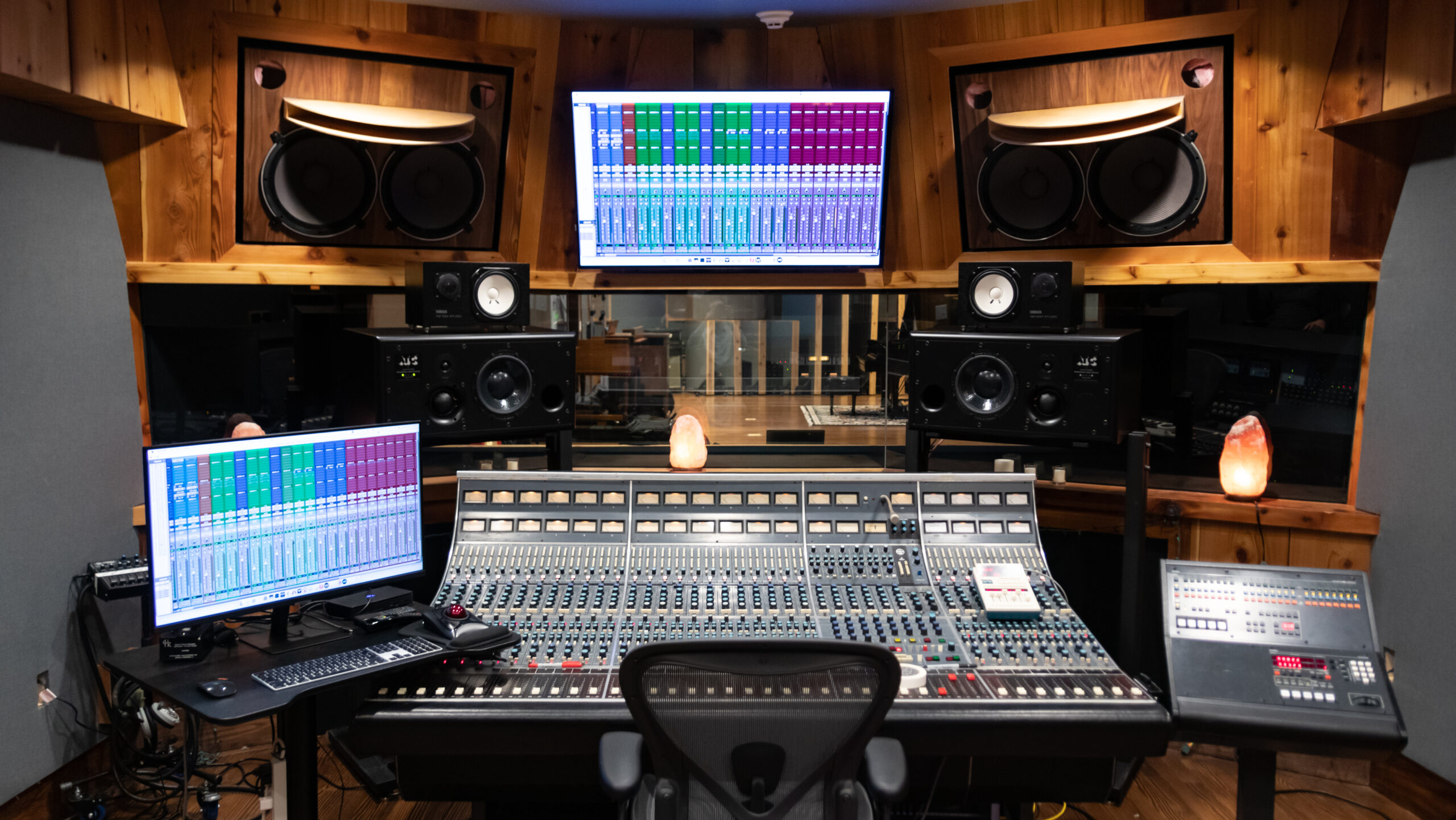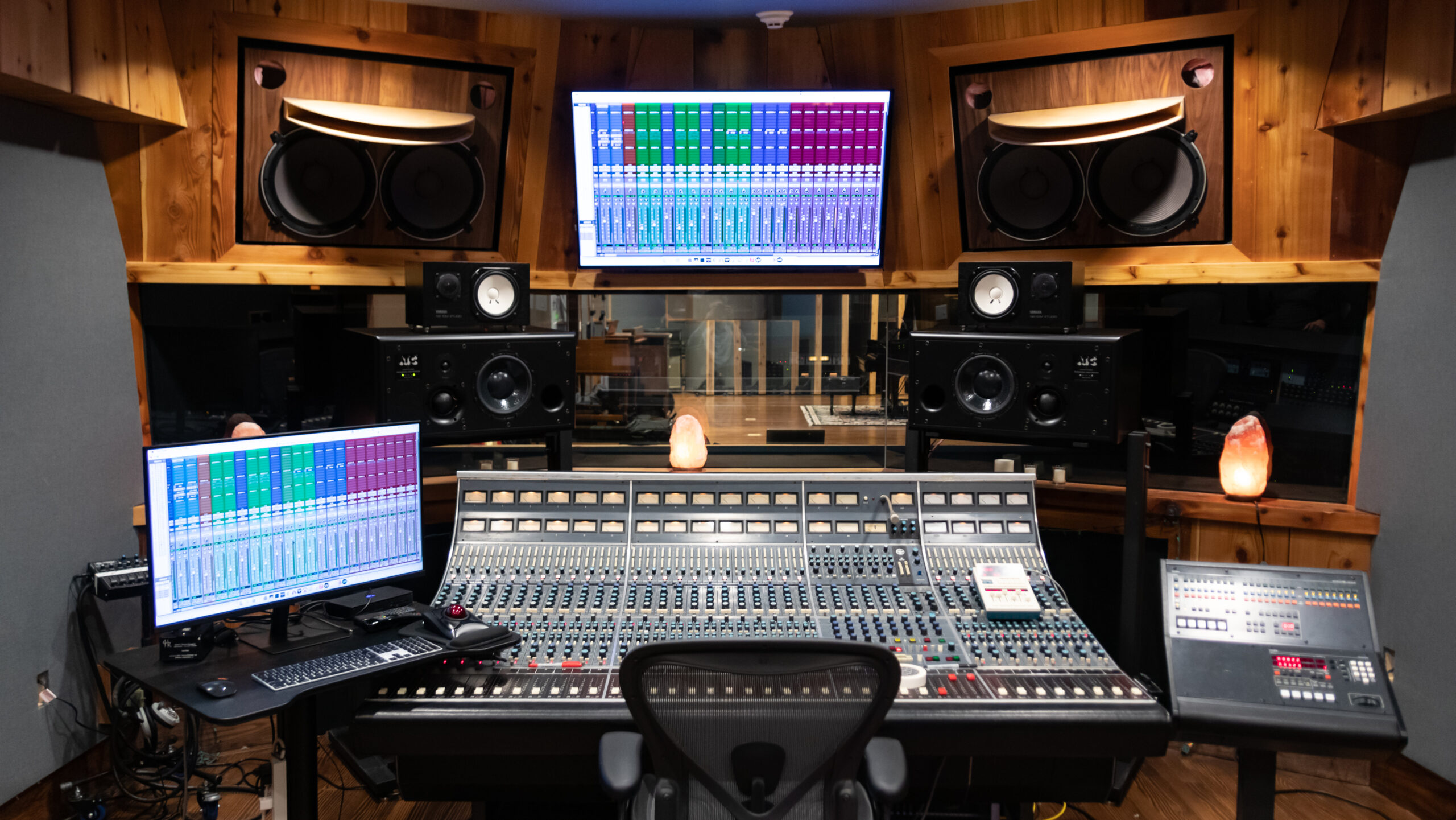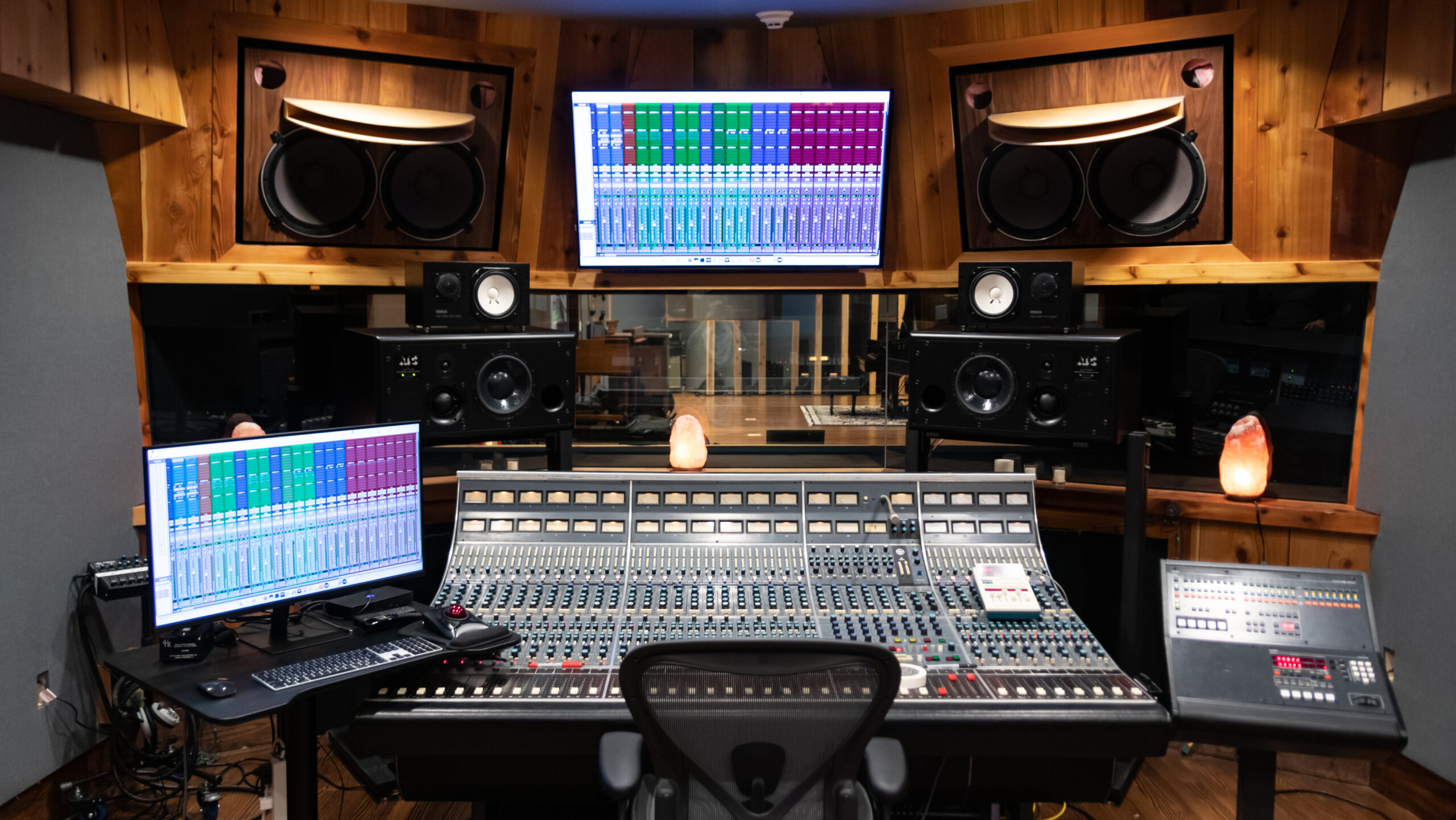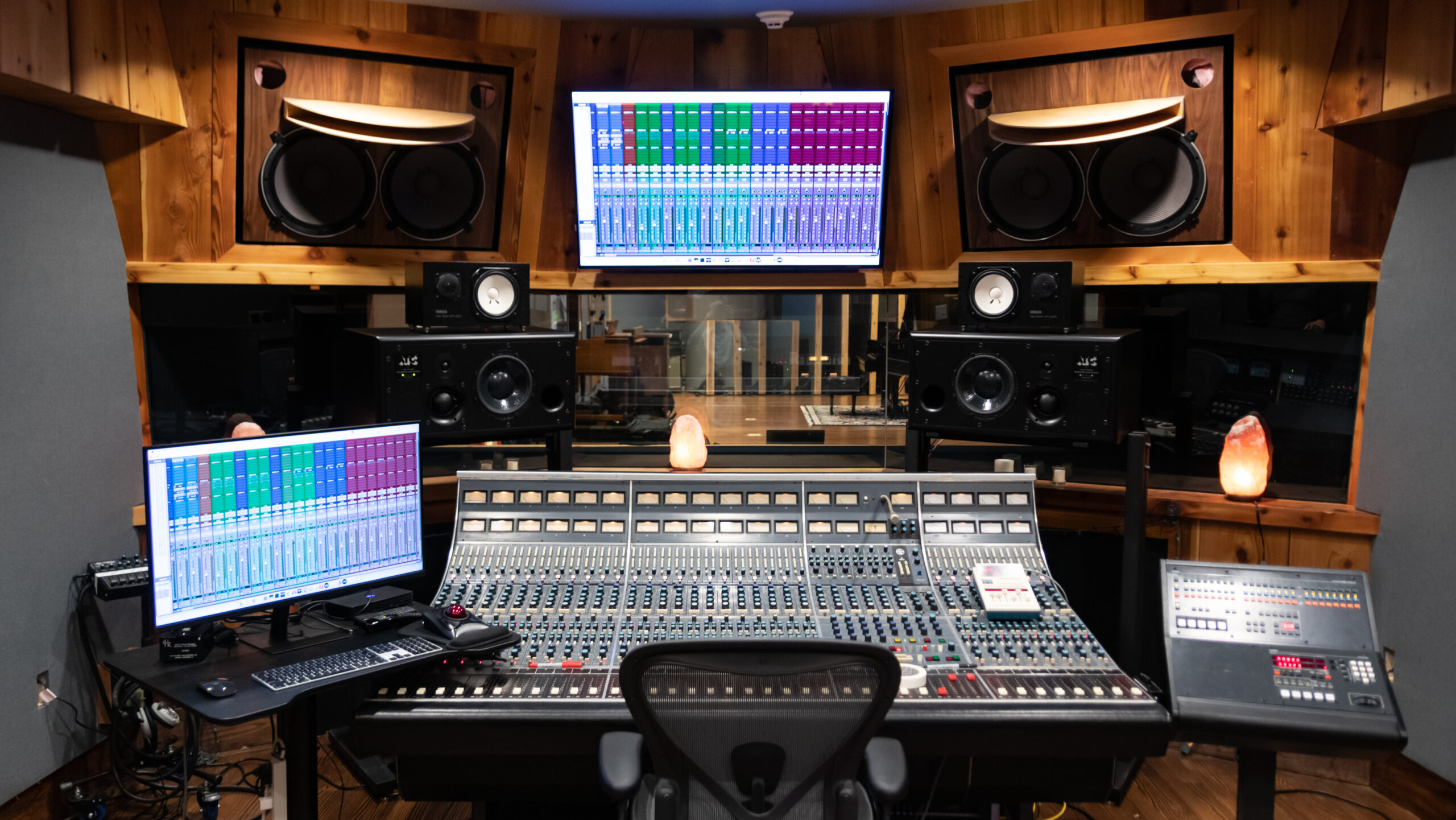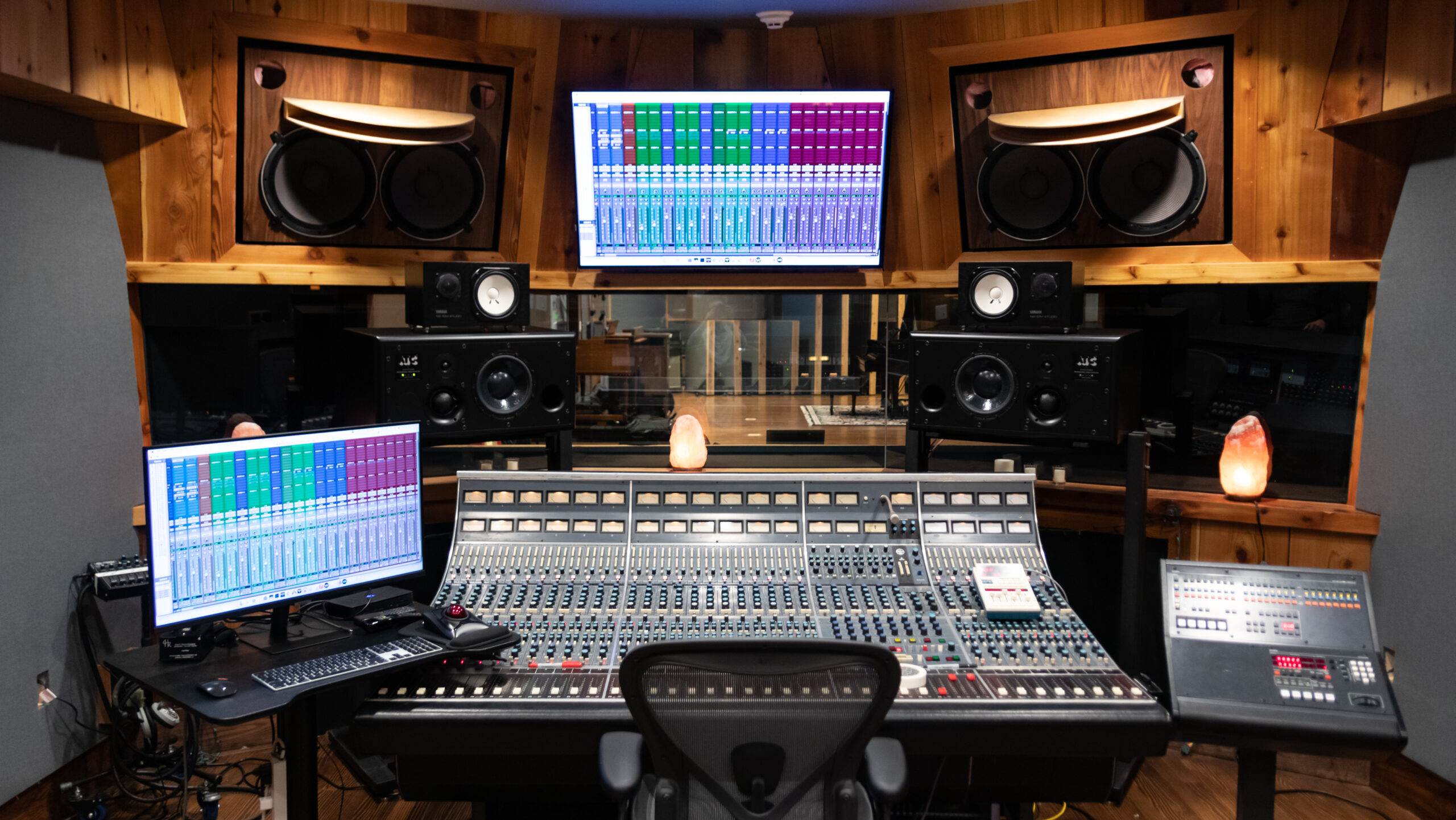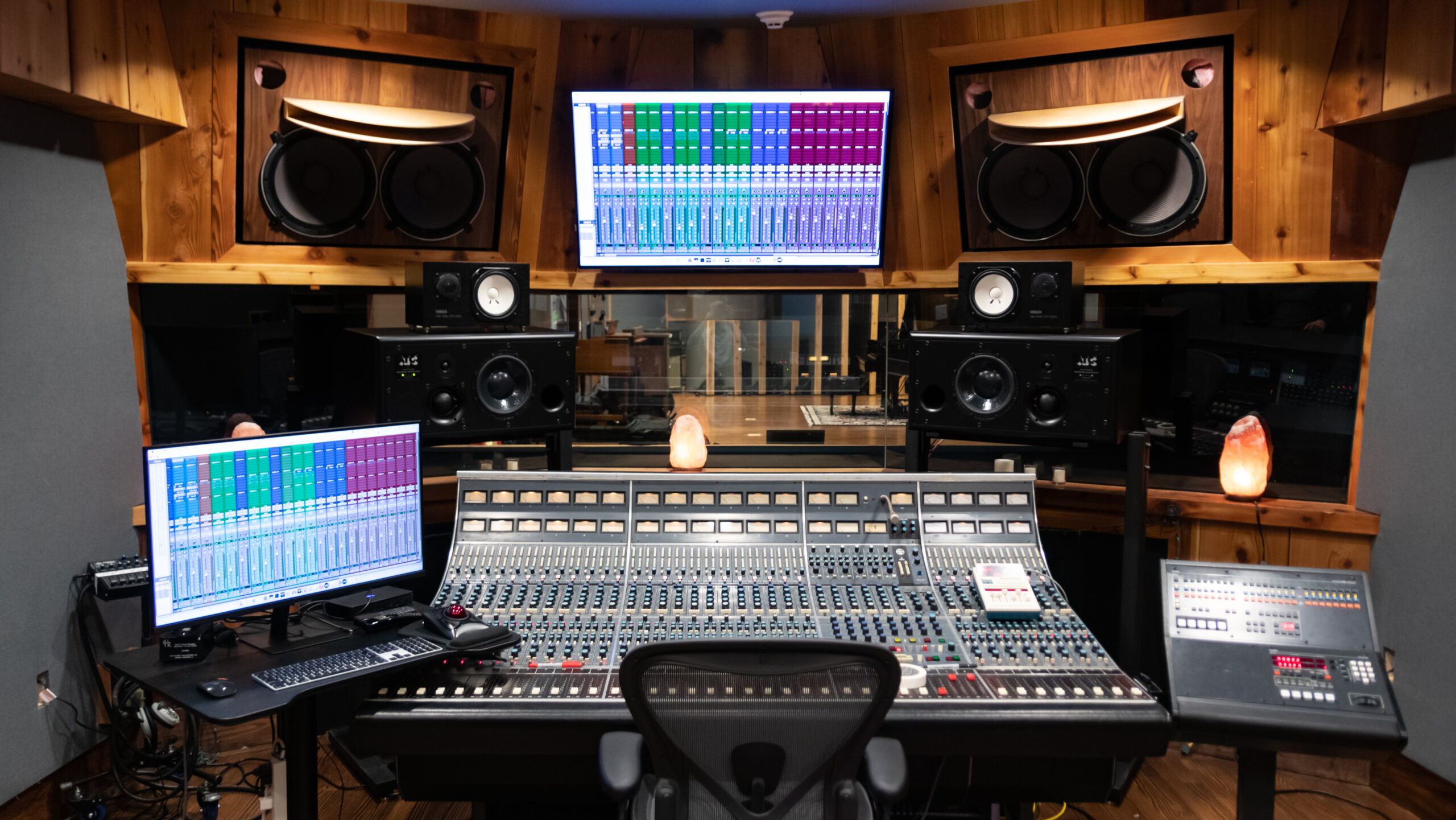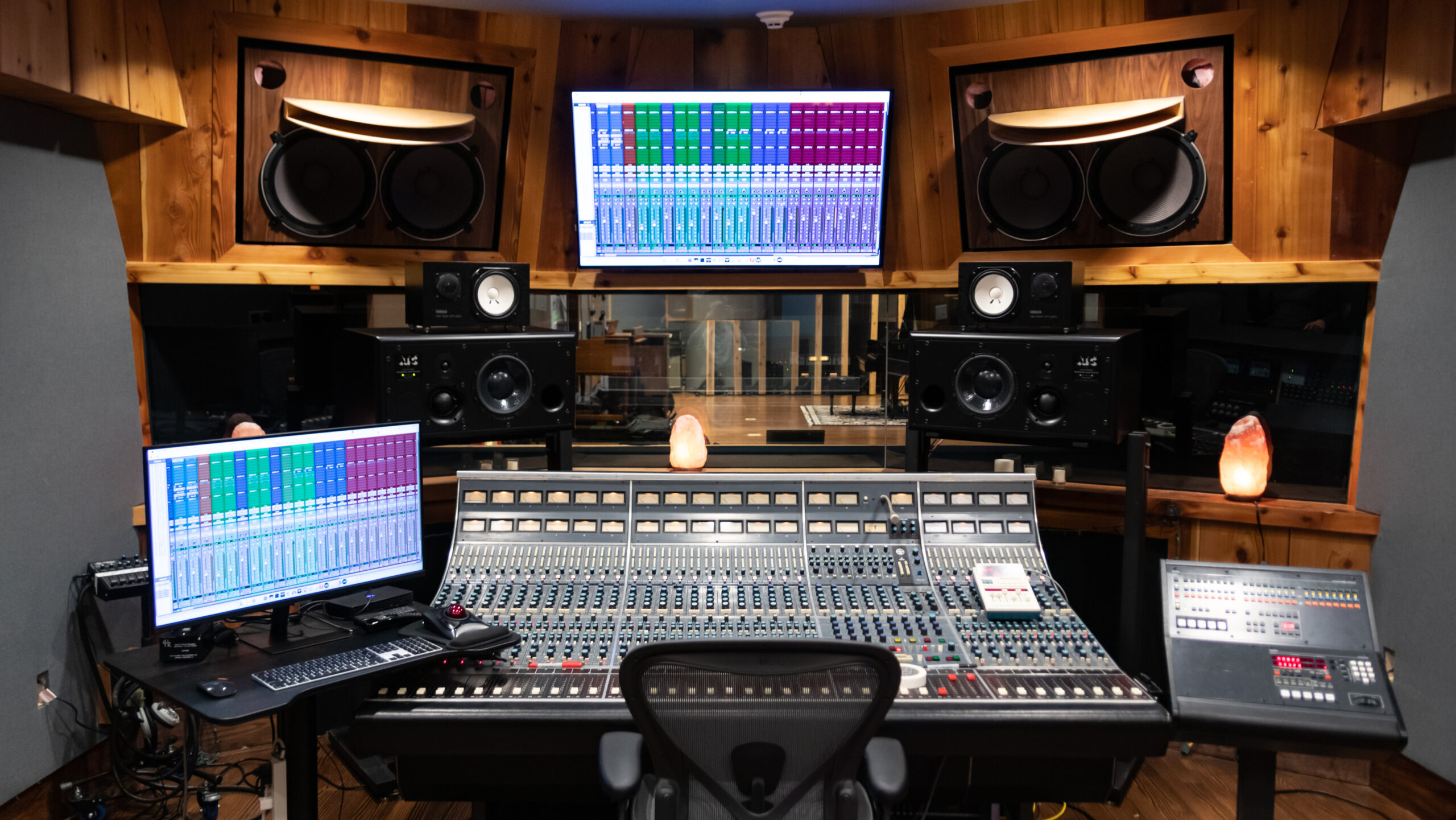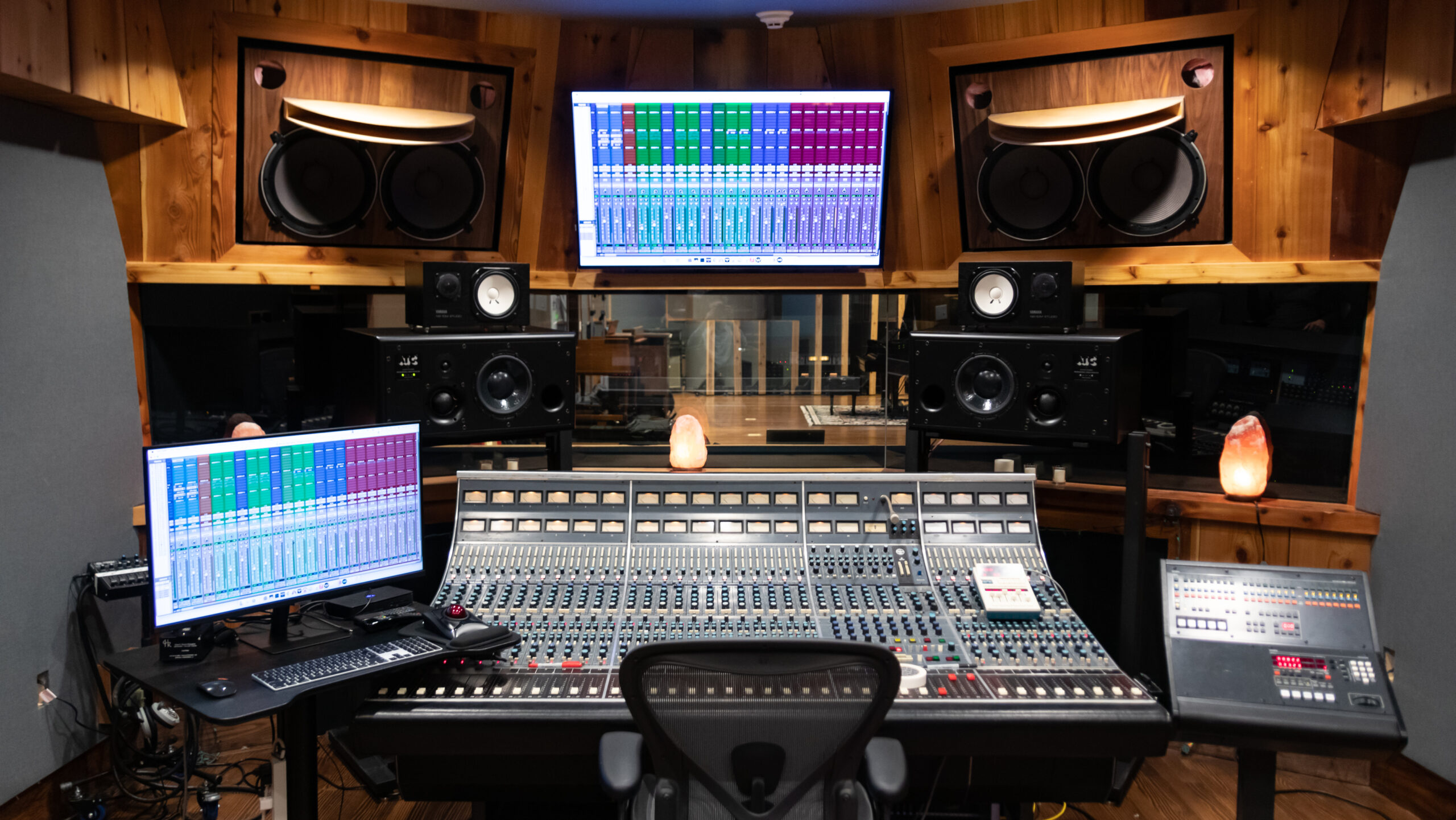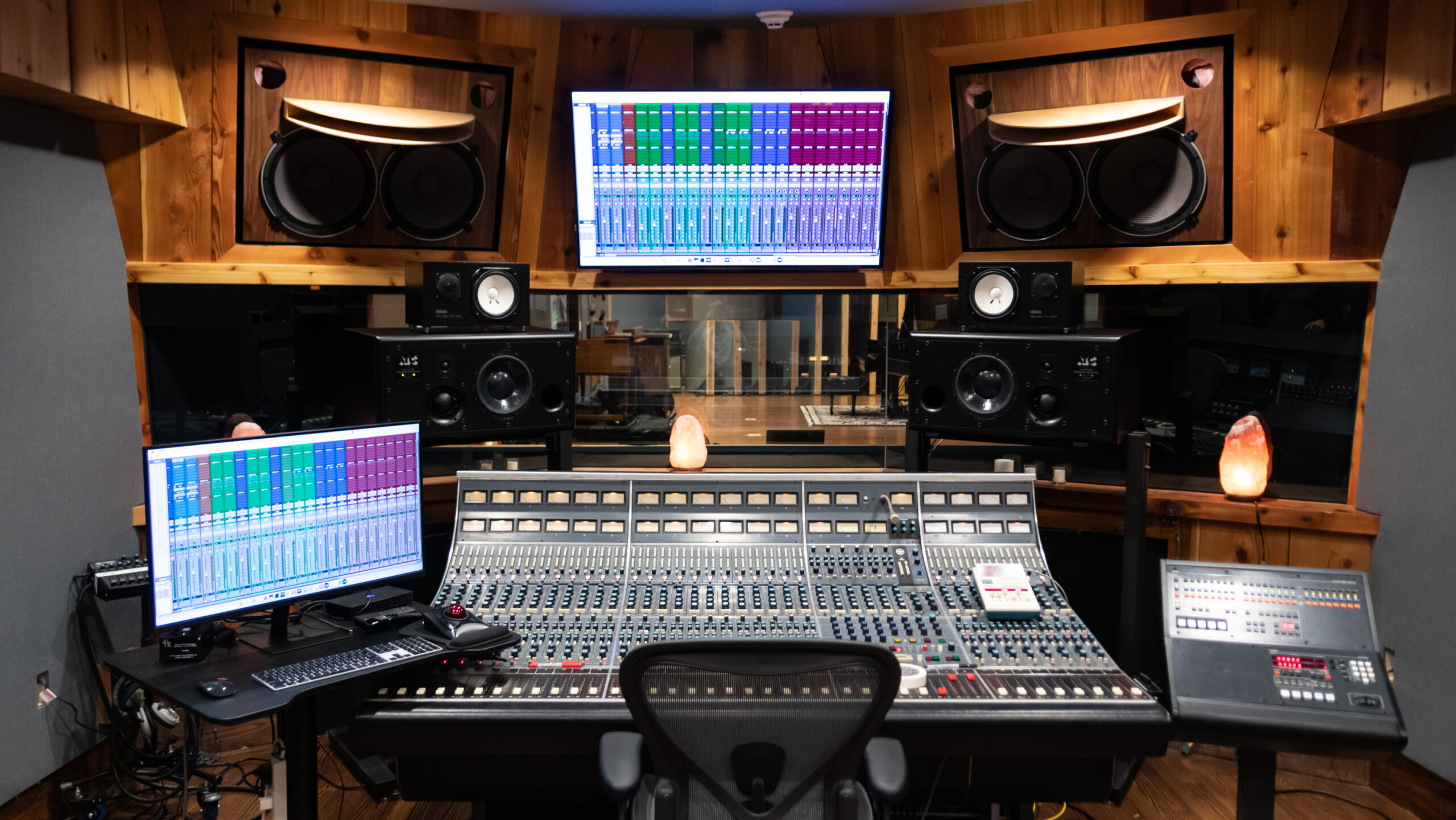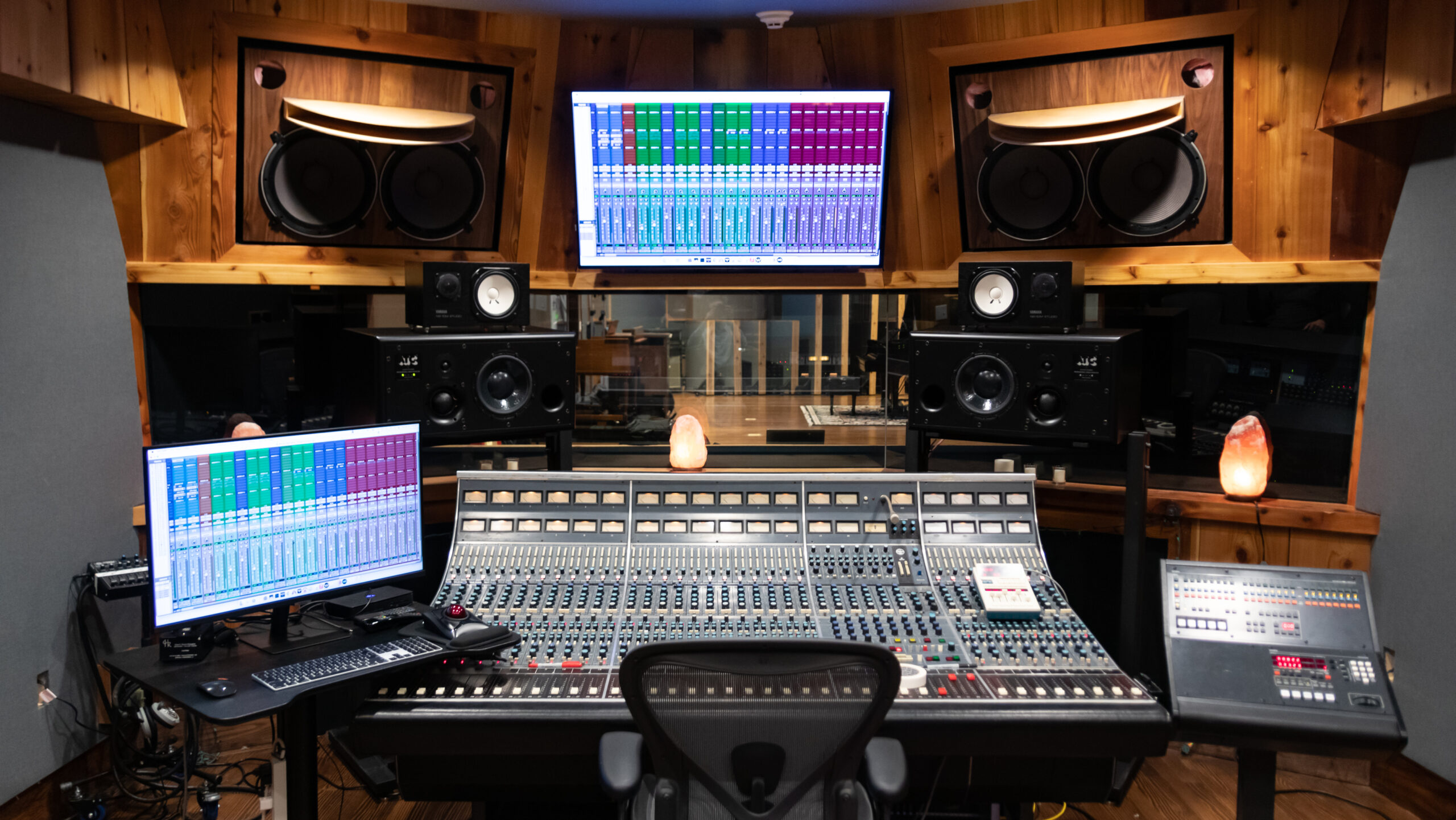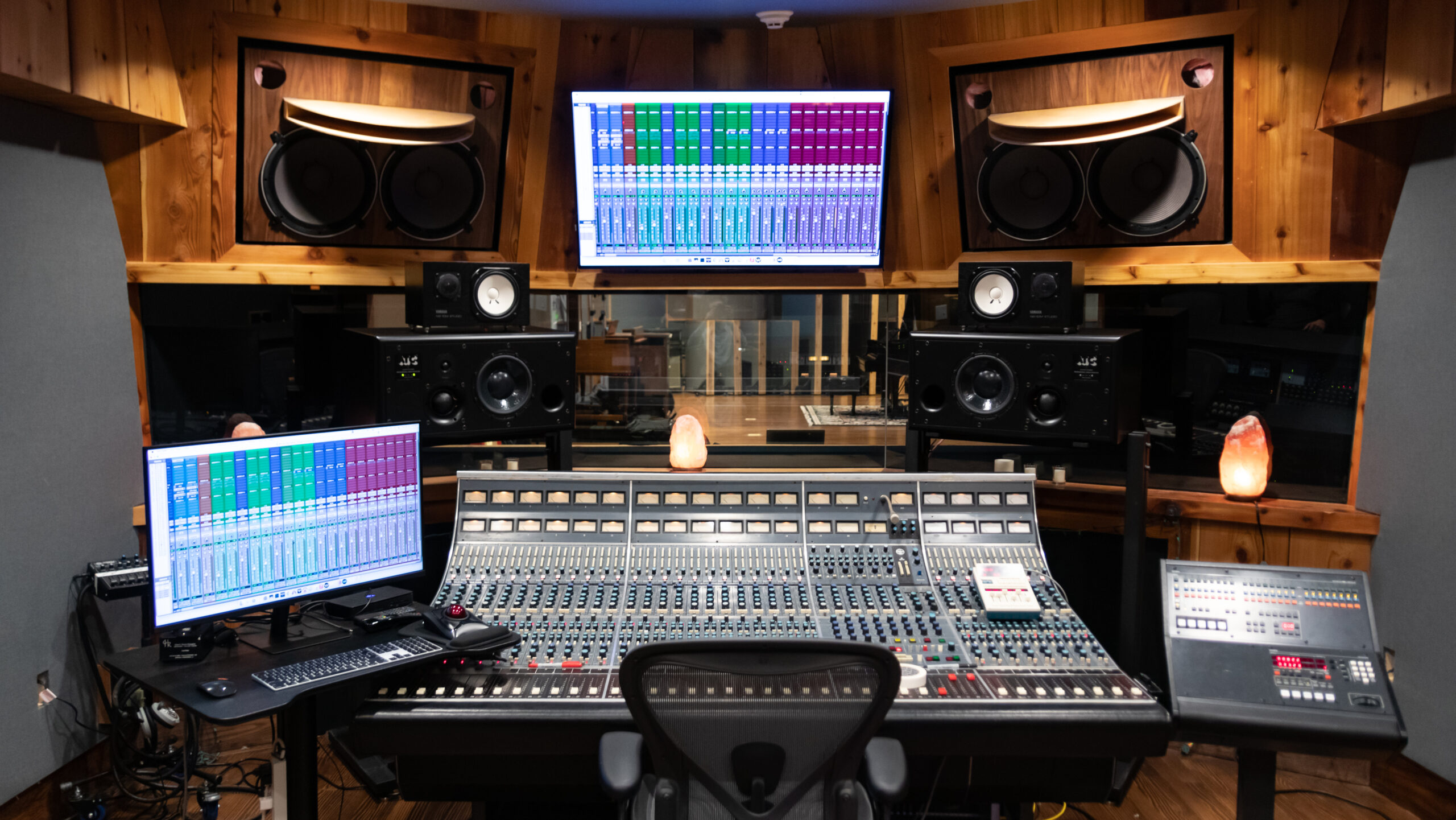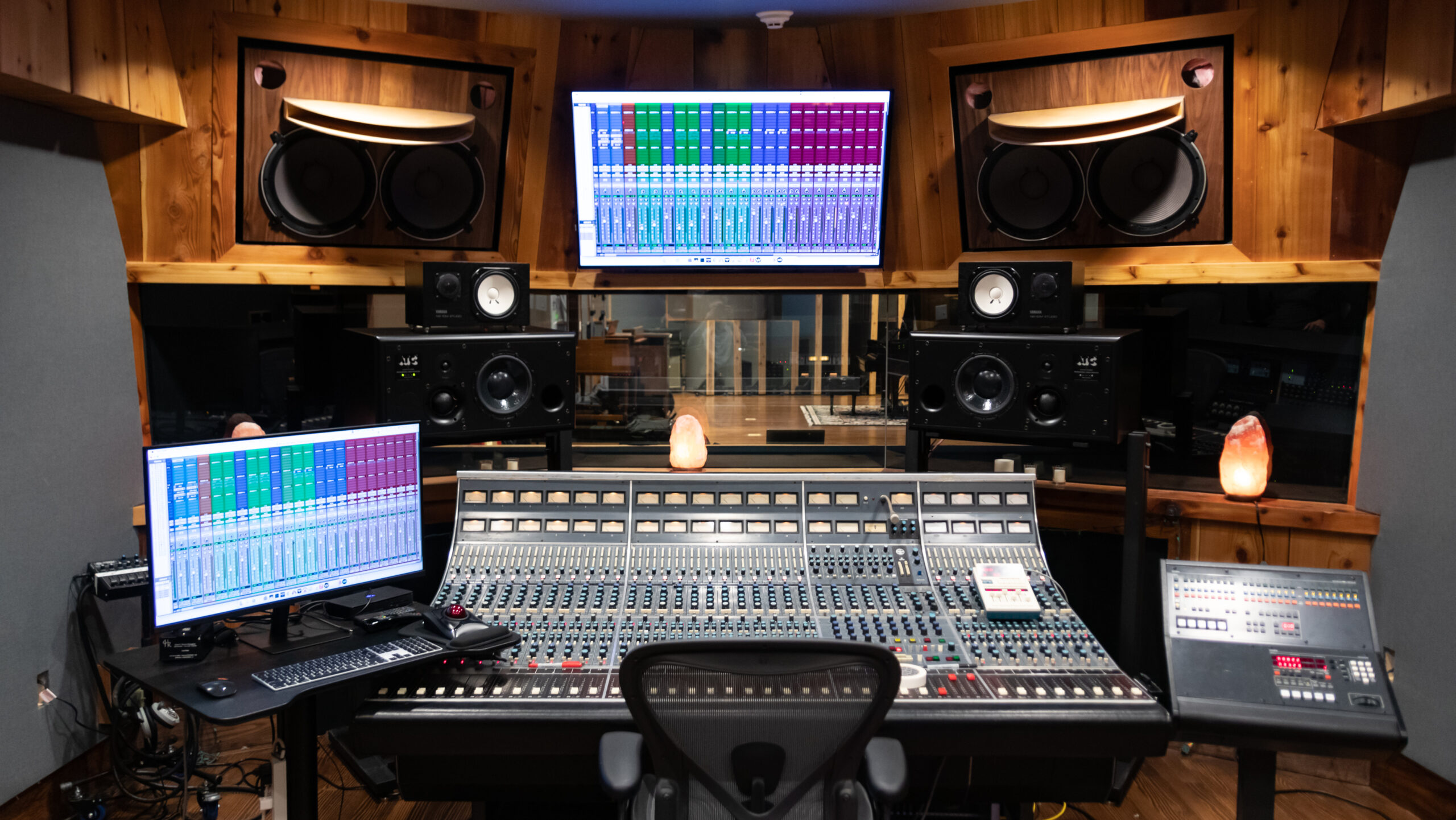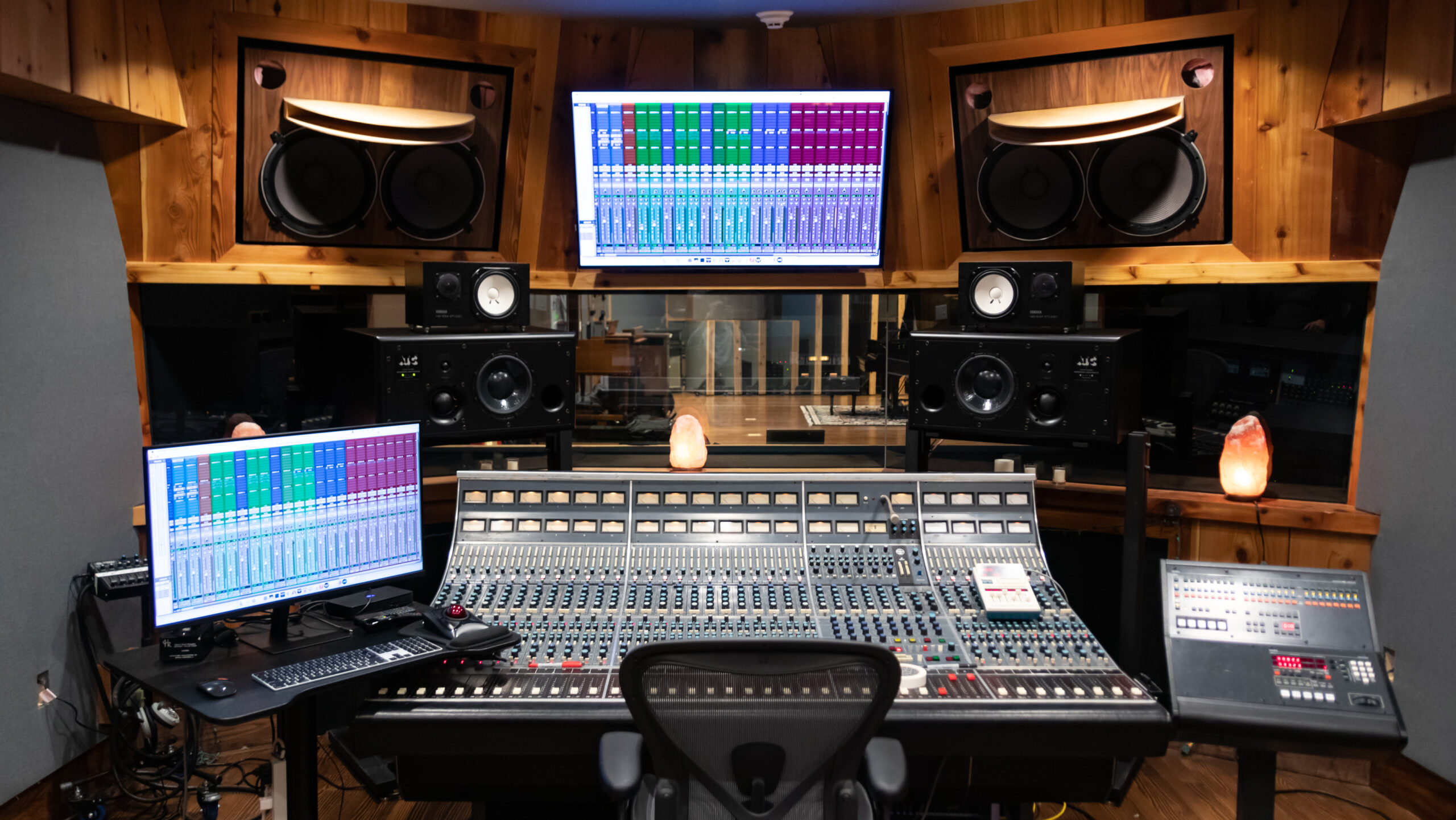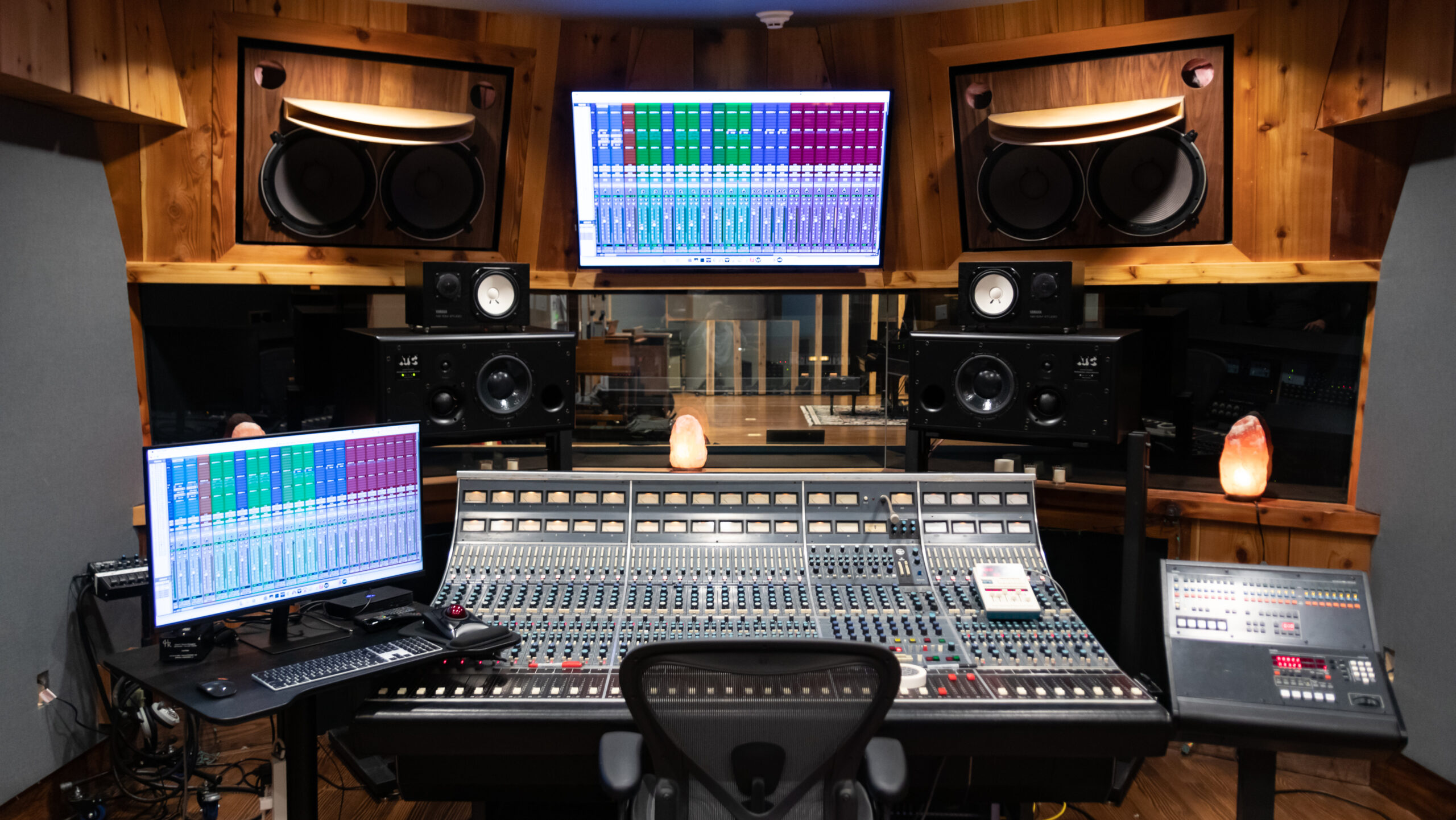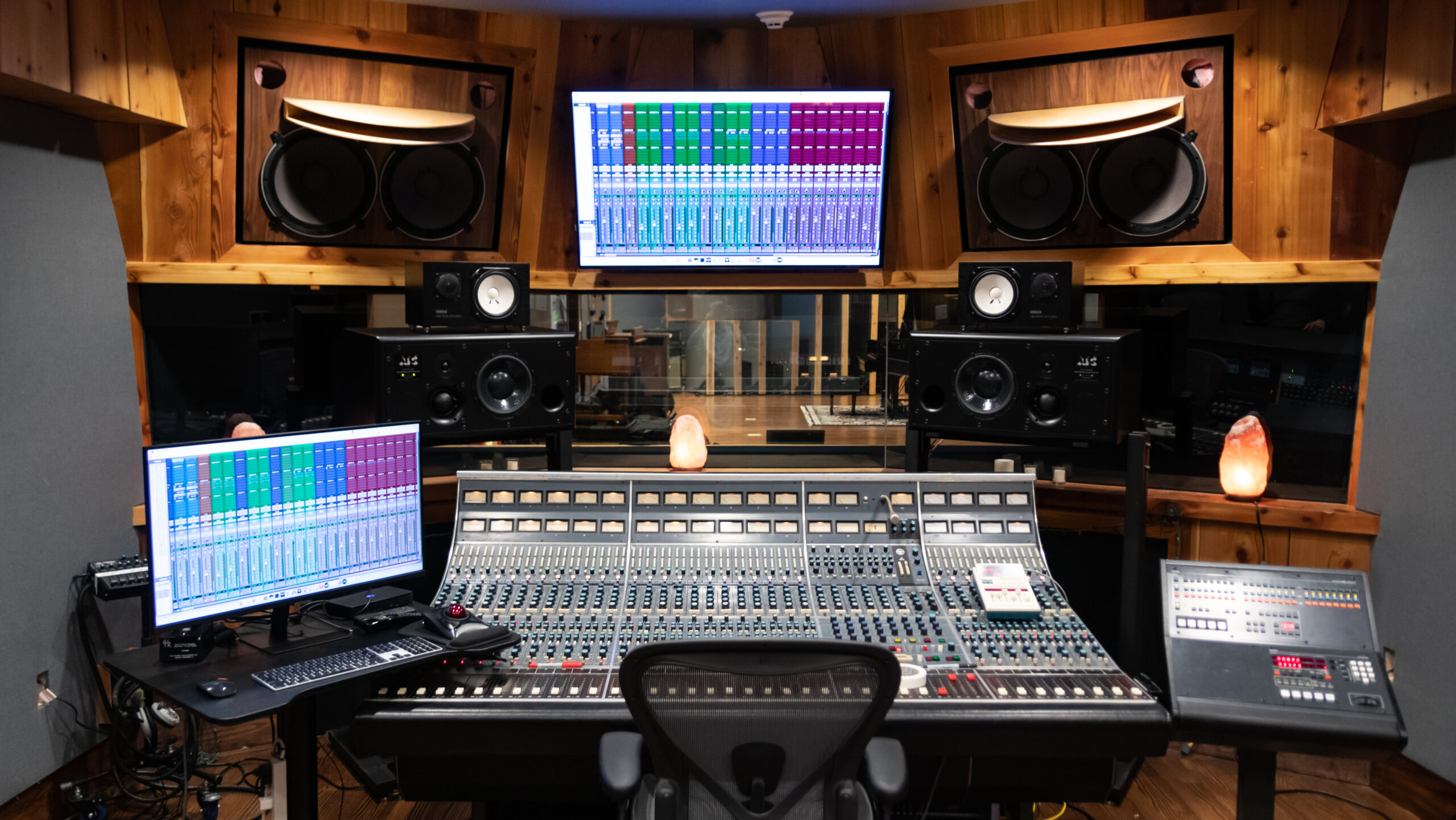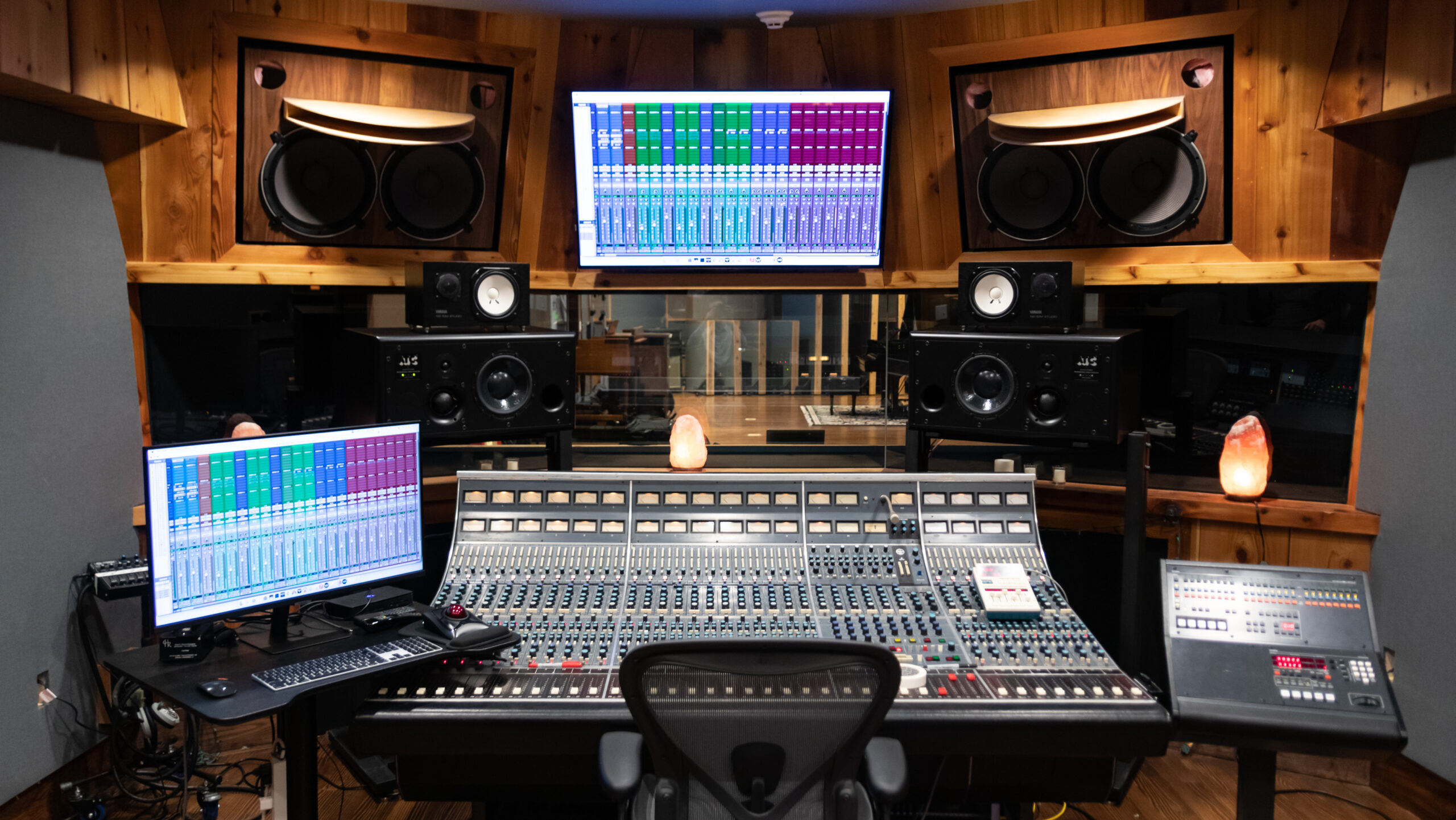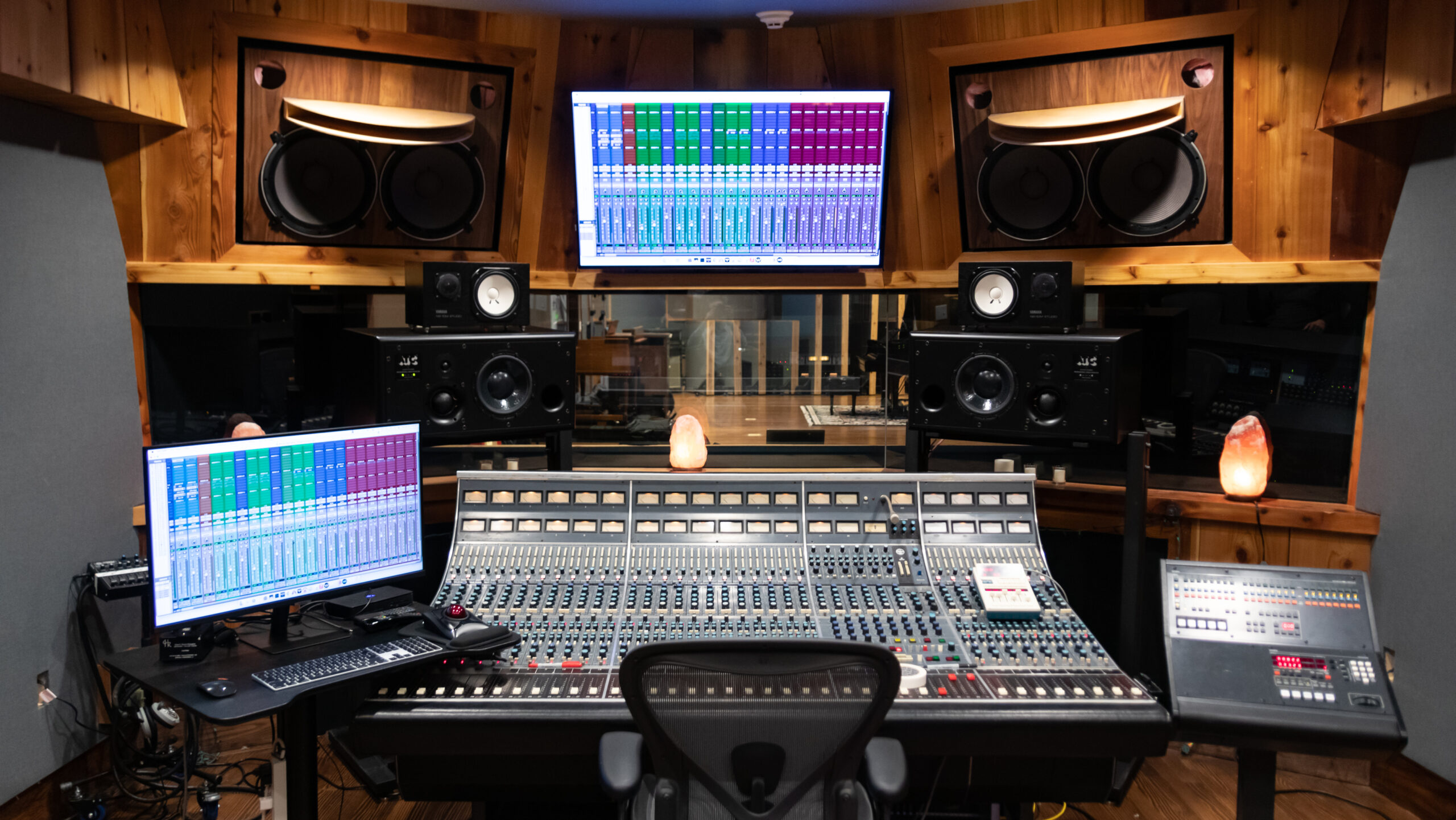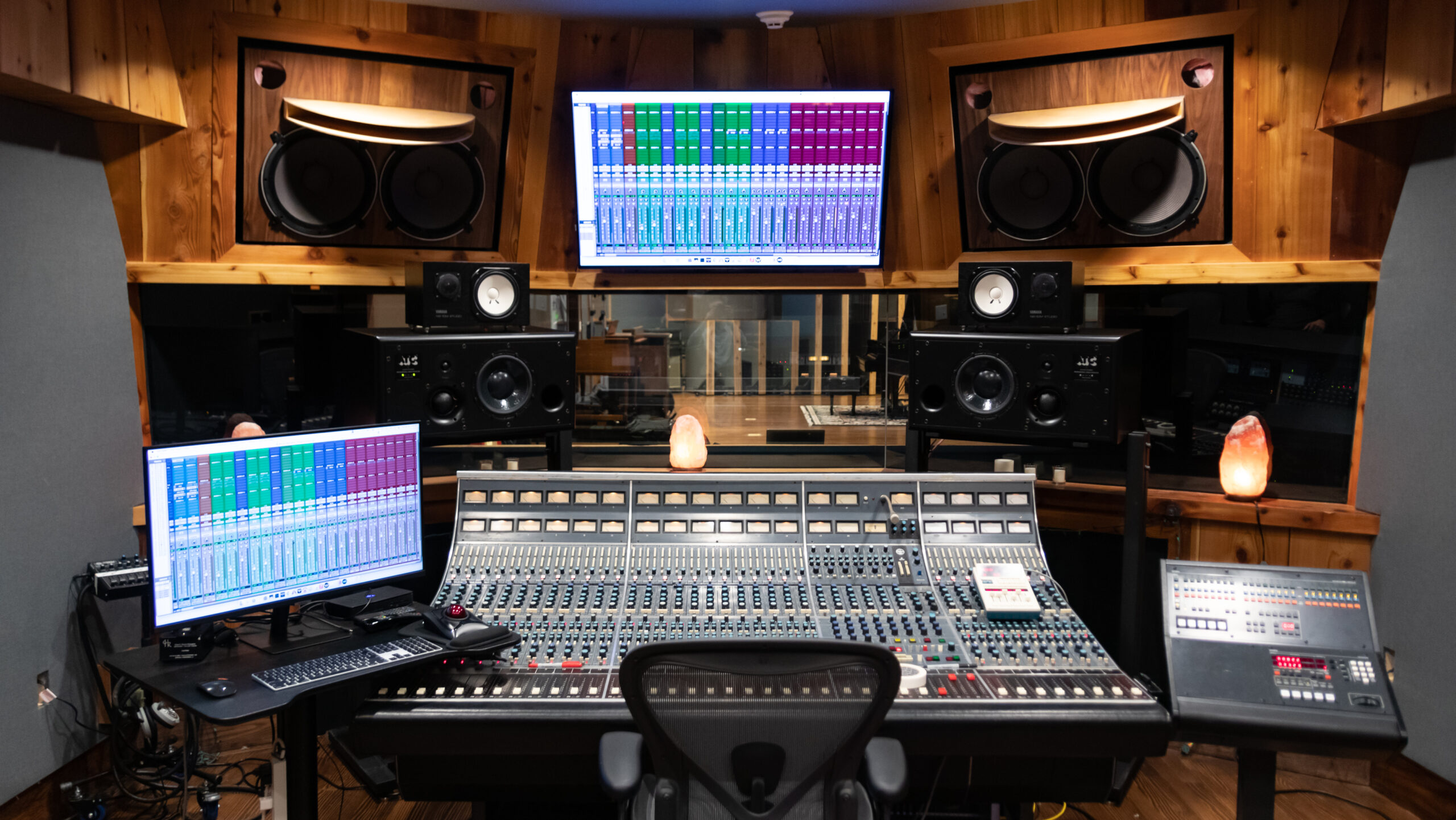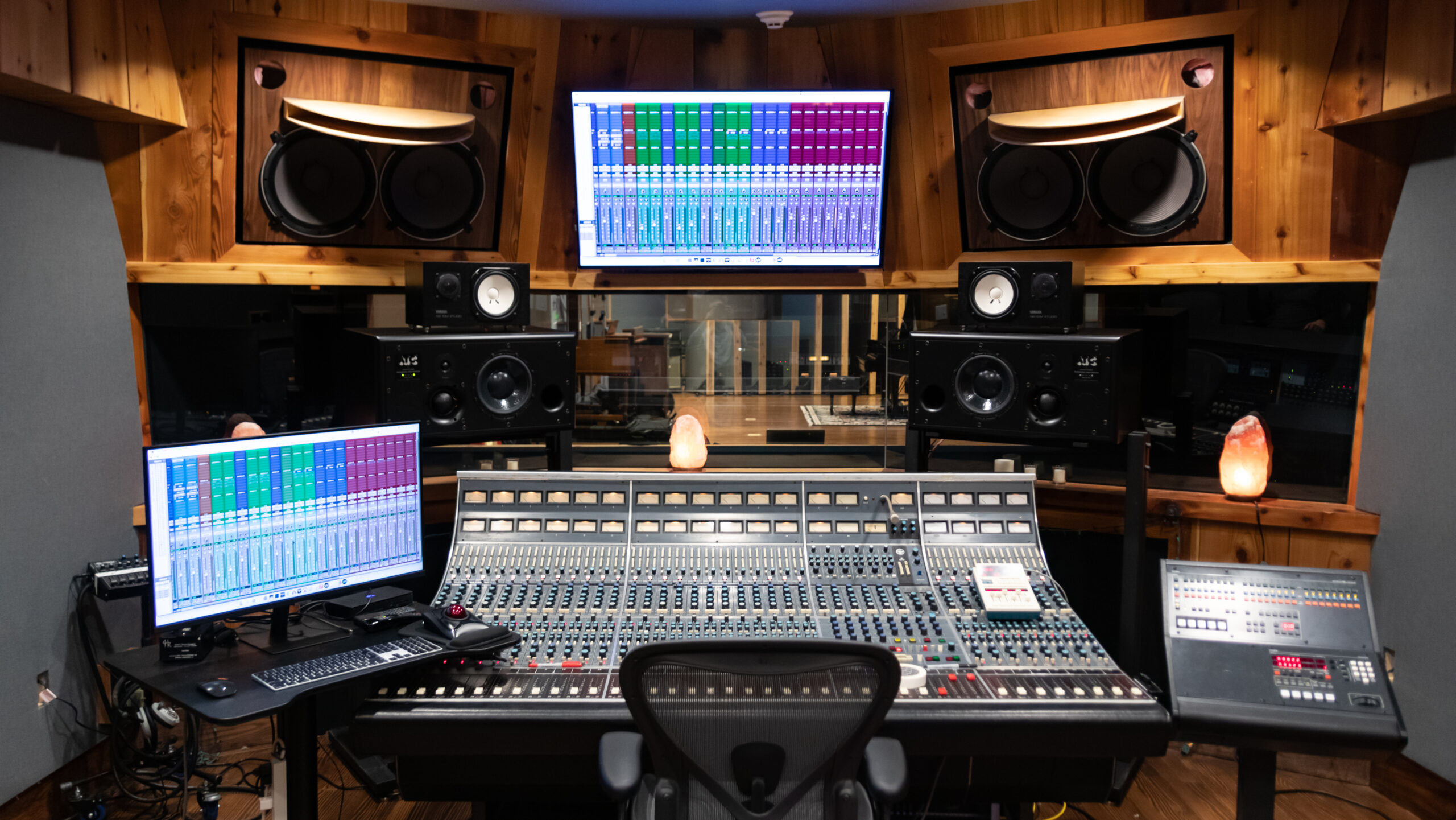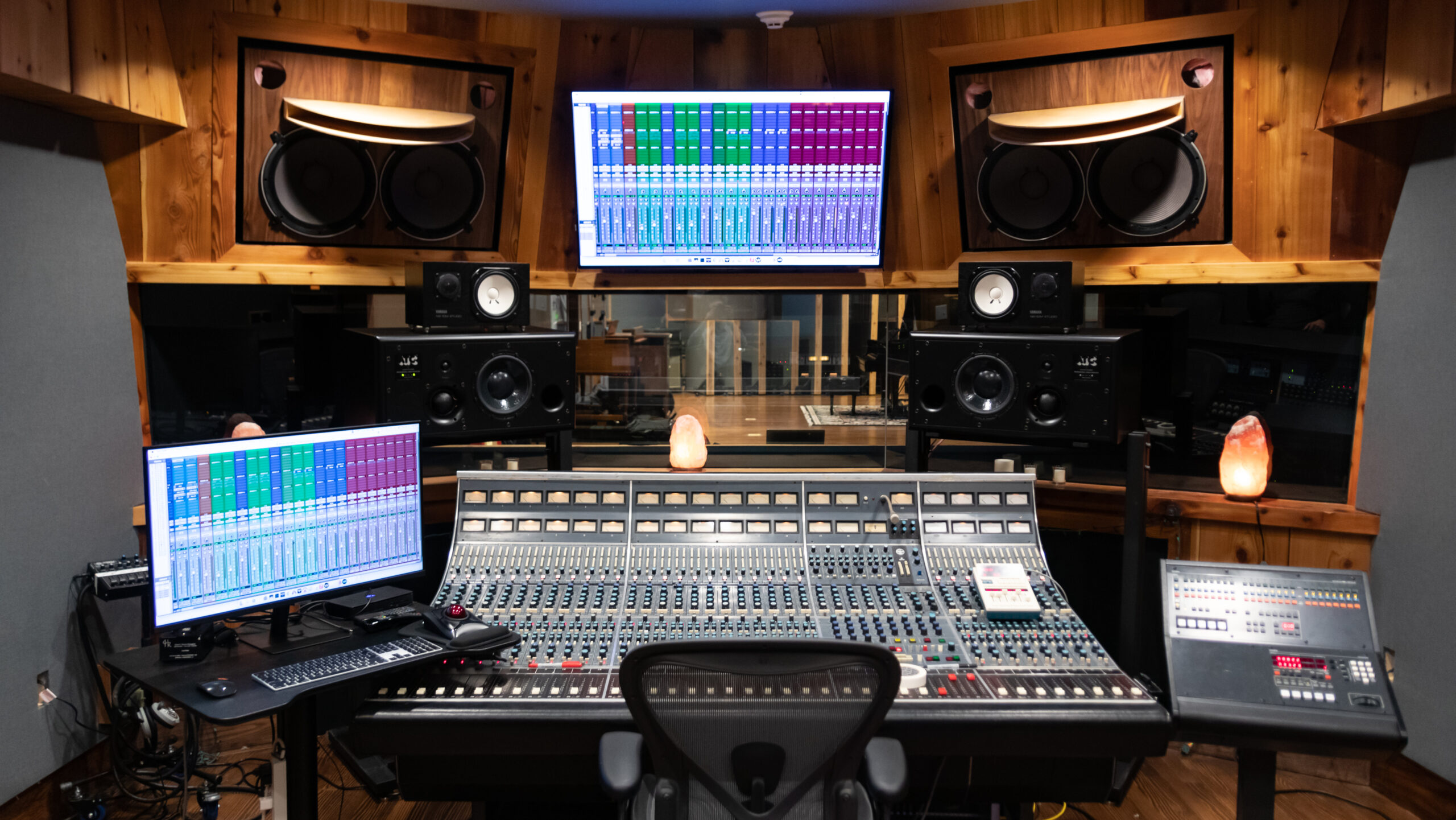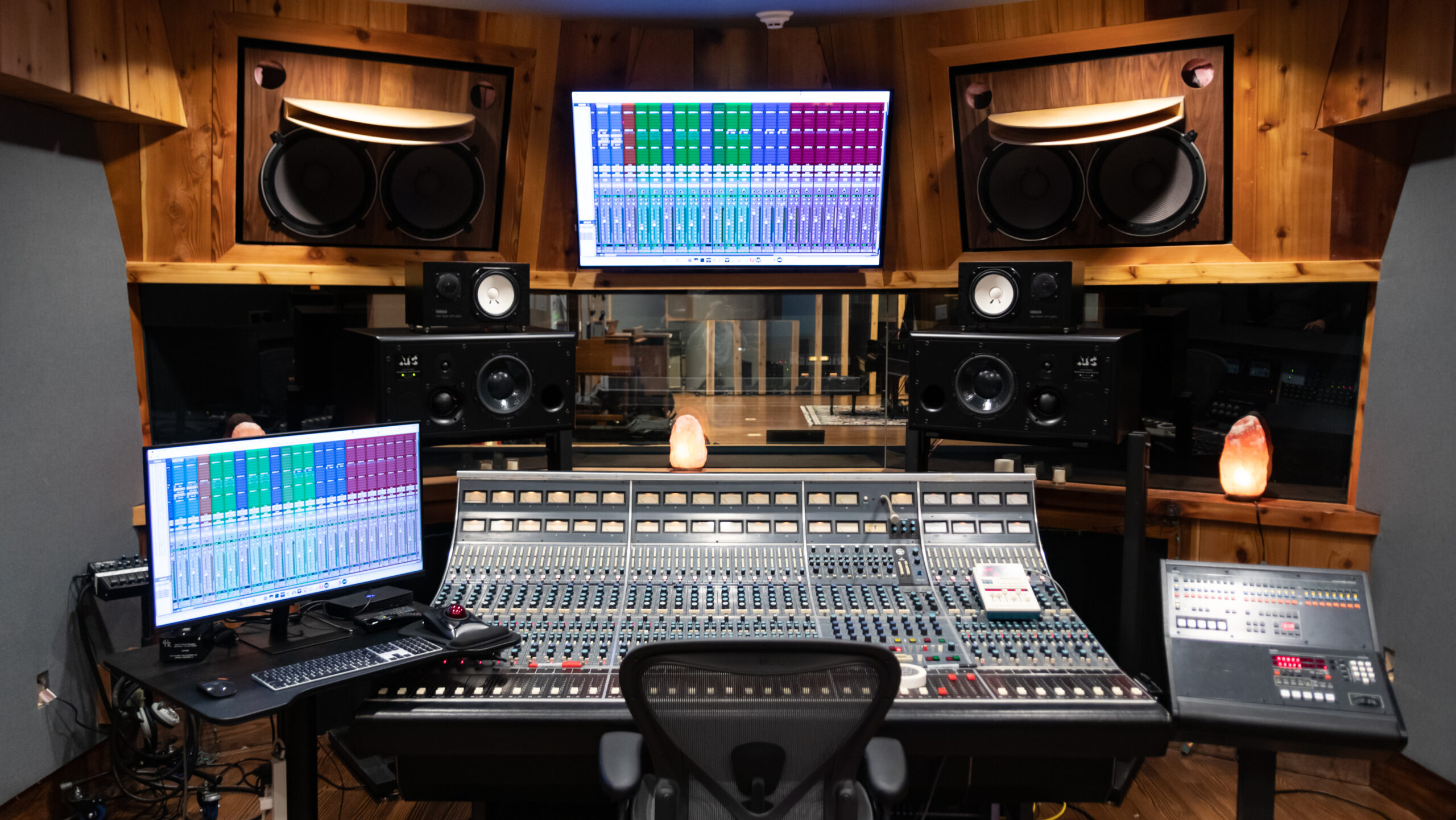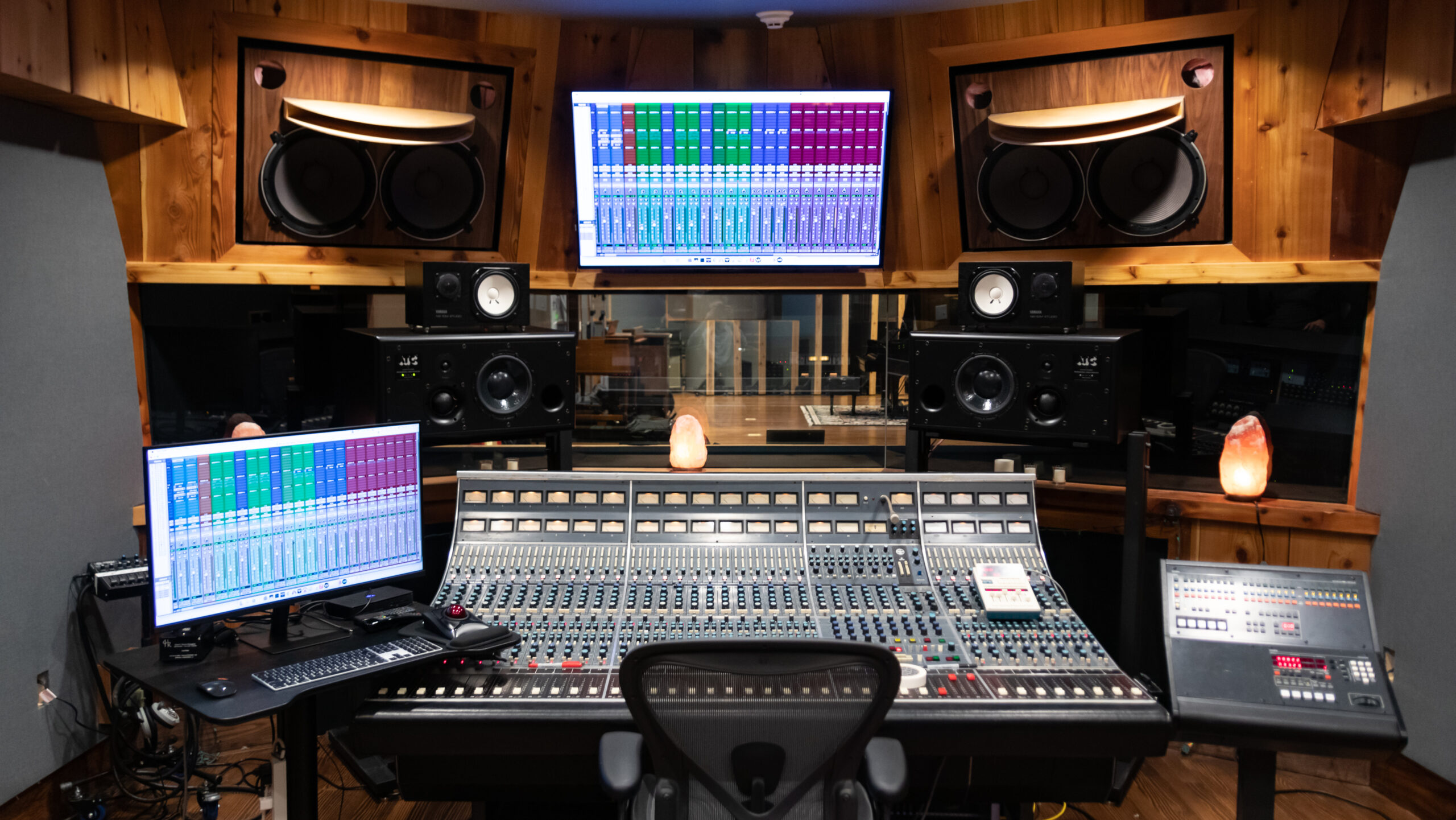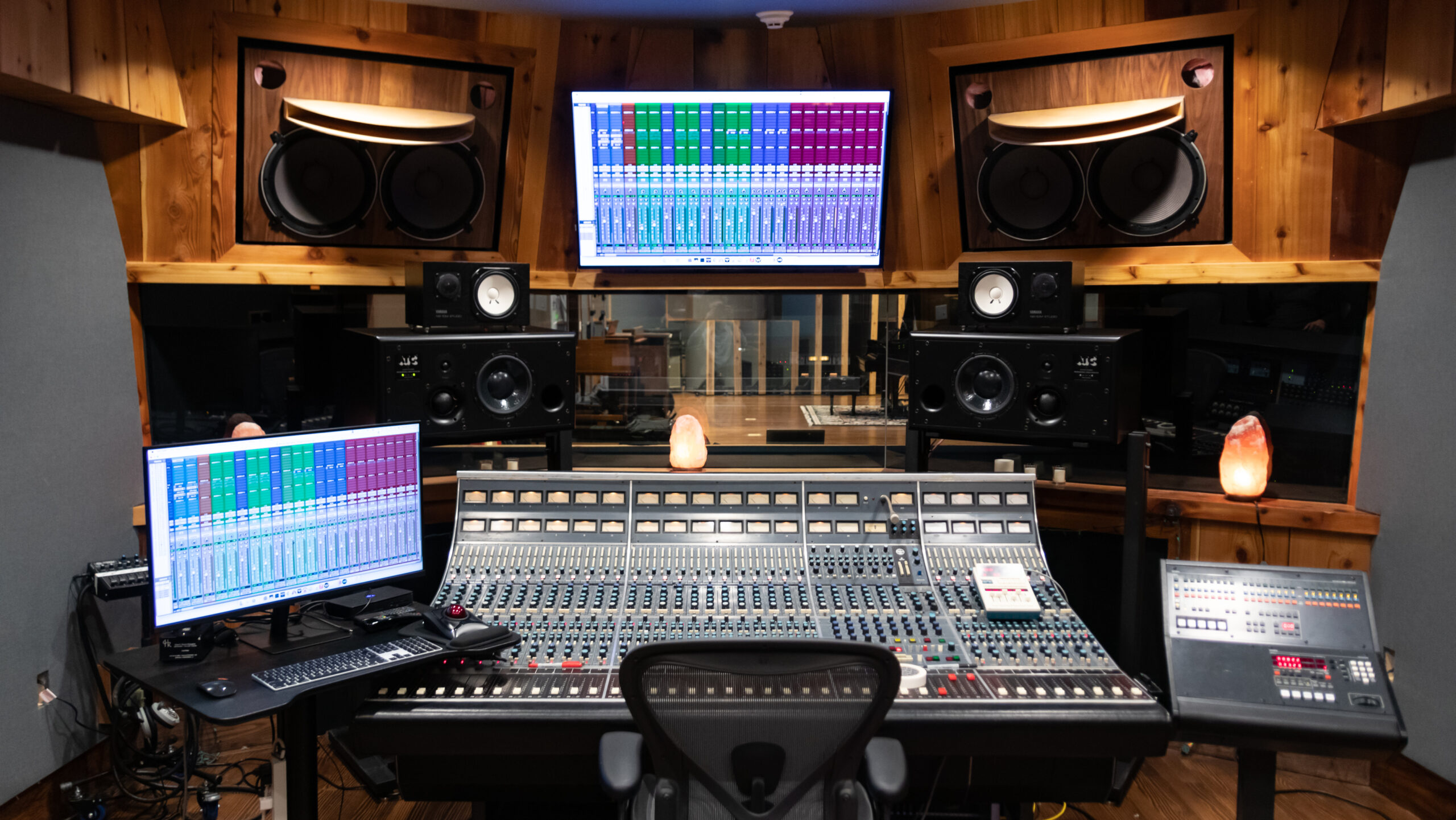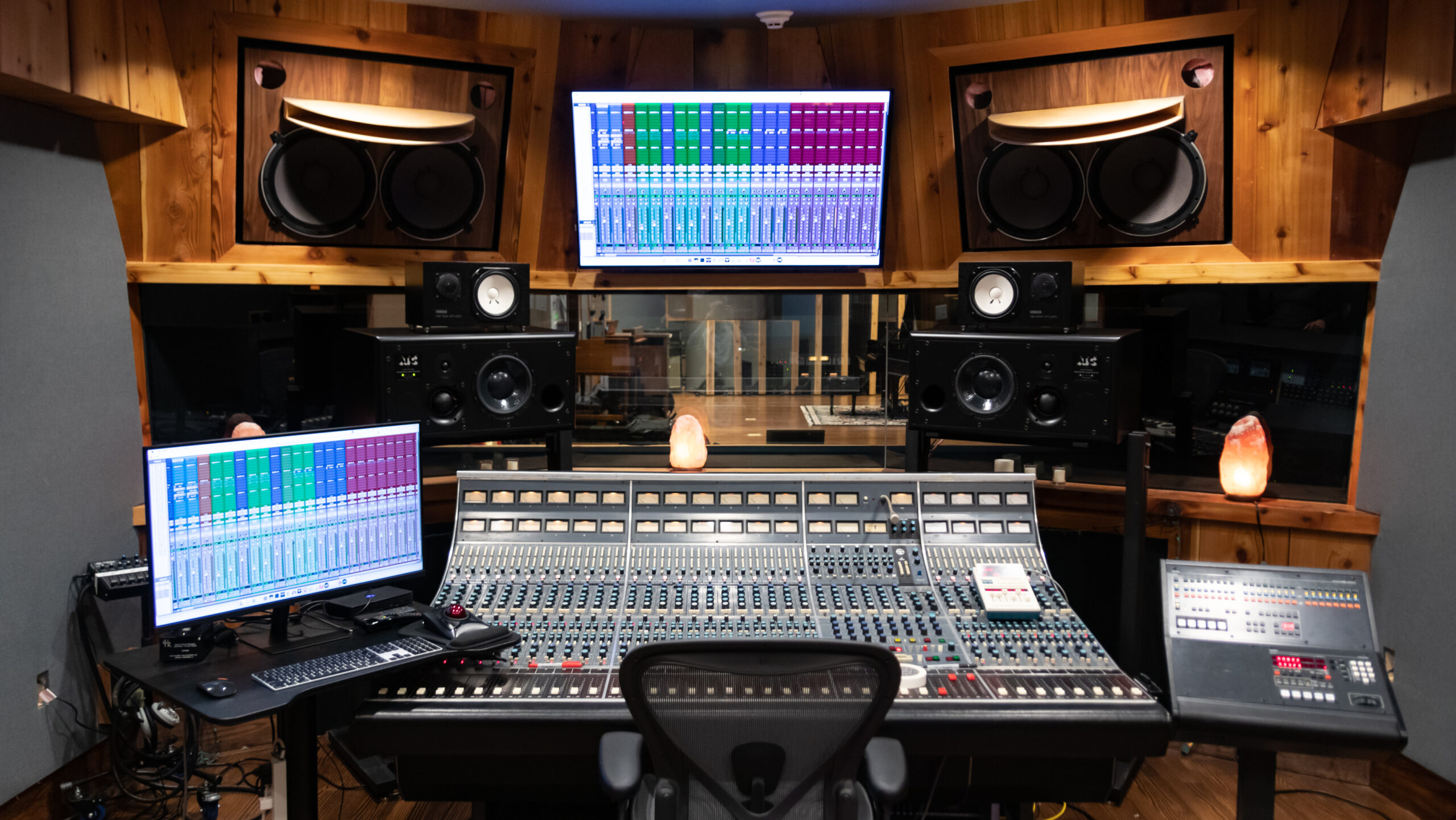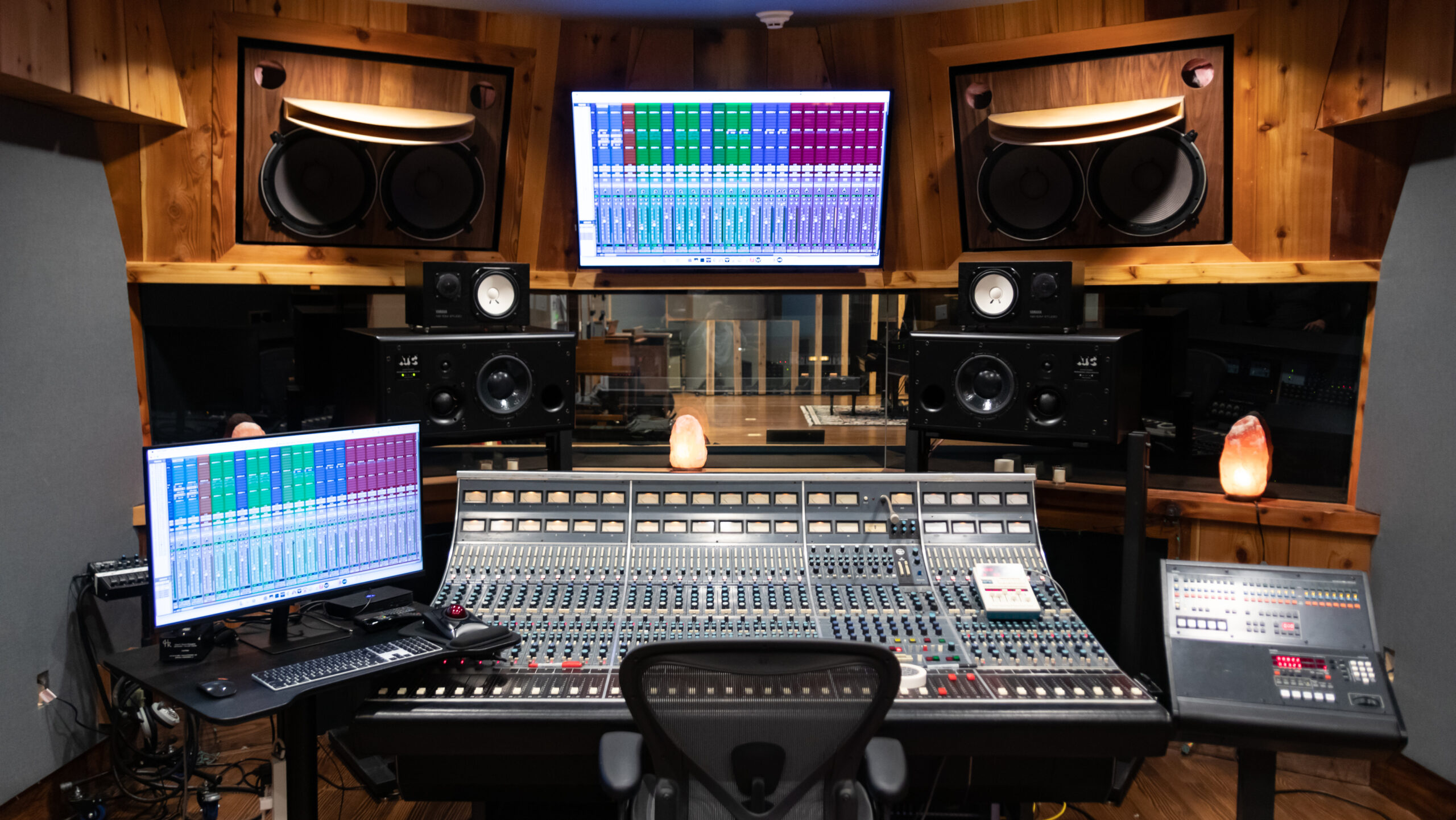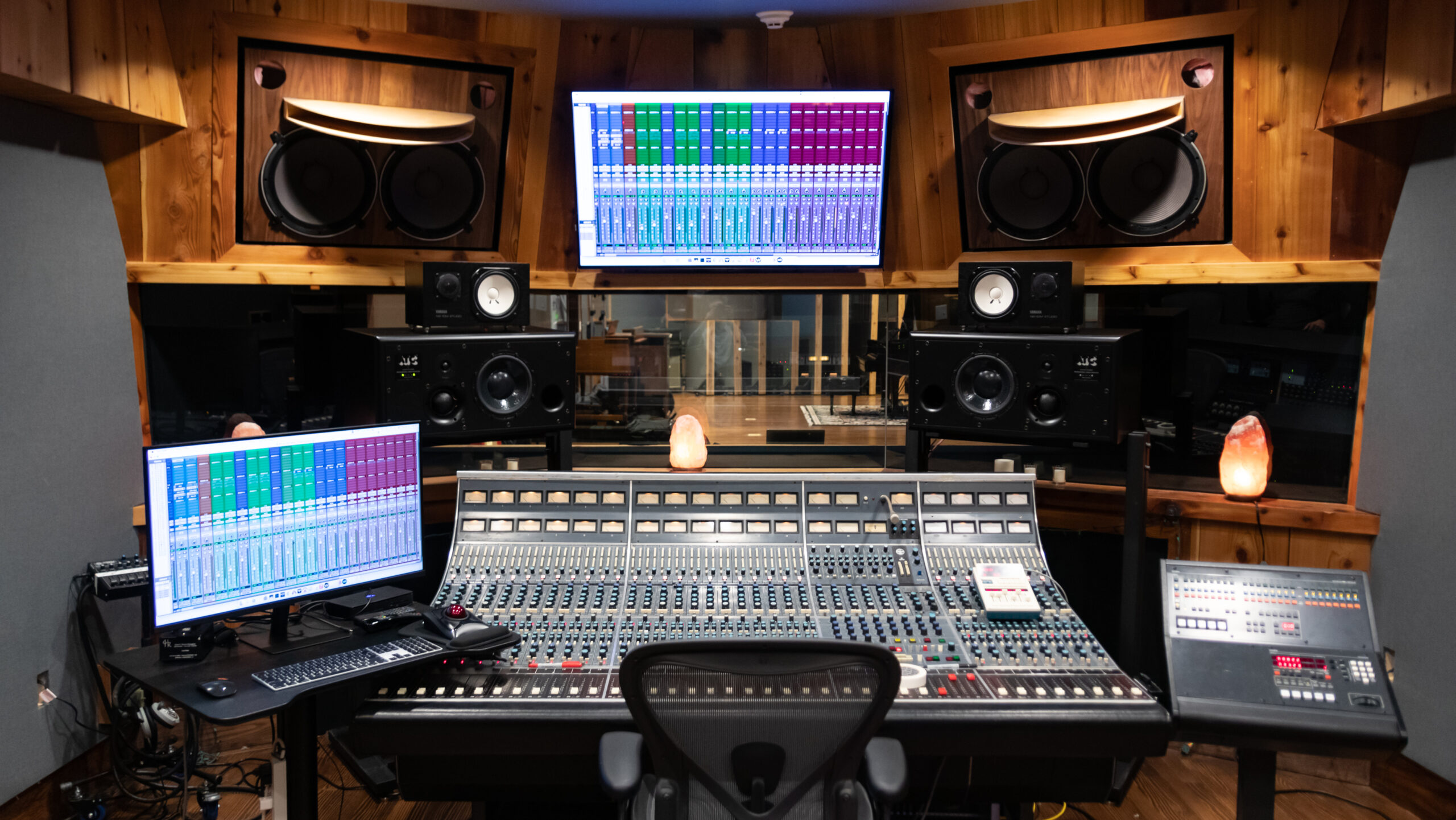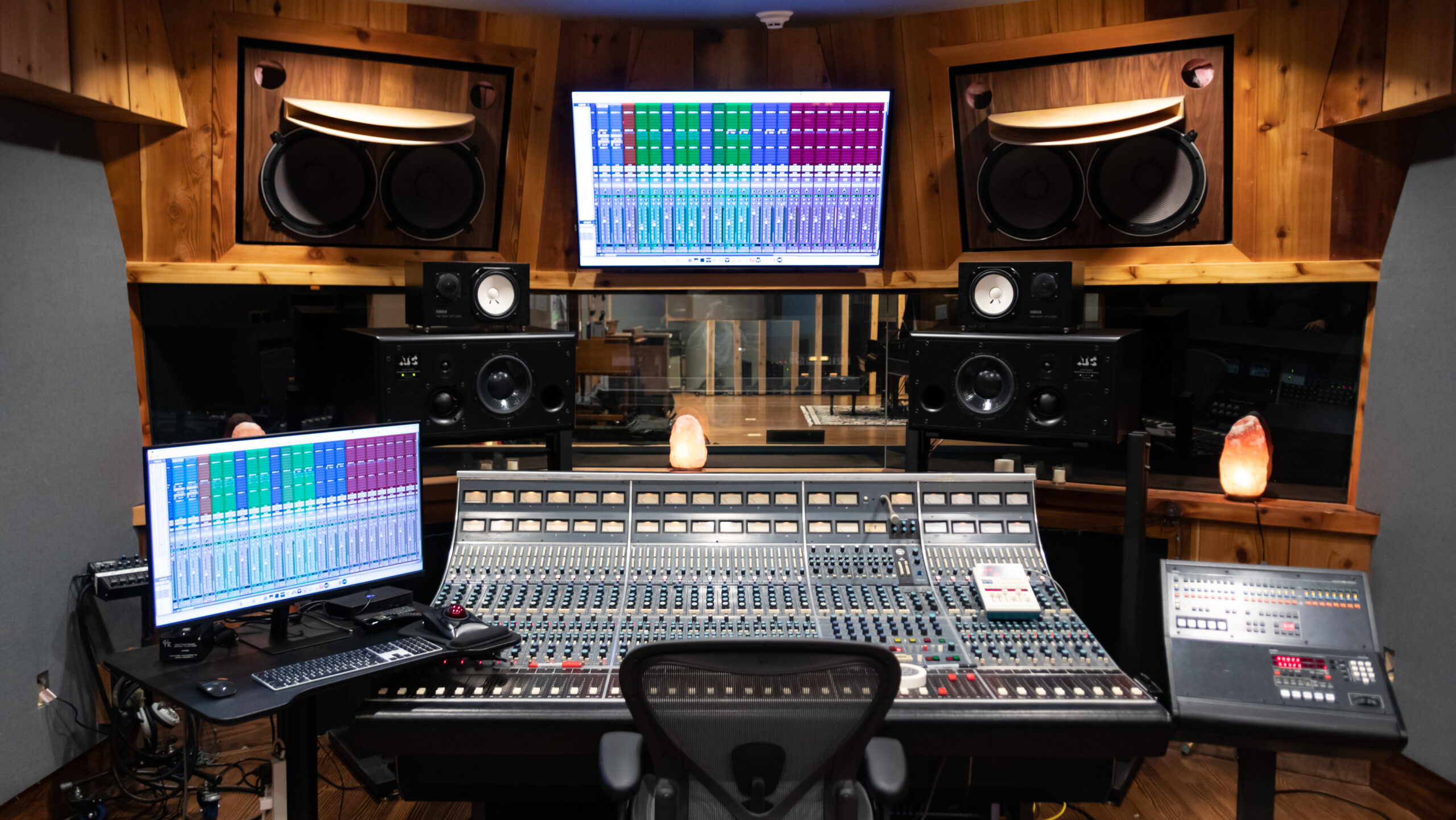The rise of digital technology has made it easier than ever to set up a professional-quality recording studio in your home. Whether you're a musician, podcaster, voice-over artist, or audio engineer, your home recording studio represents a significant investment in equipment, time, and creative potential. However, many home studio owners overlook the crucial aspect of proper insurance coverage, leaving themselves vulnerable to substantial financial losses.
Understanding Home Recording Studio Risks
Home recording studios face unique risks that standard home insurance policies often don't adequately cover. The combination of expensive electronic equipment, creative work, and business activities creates a complex risk profile that requires specialized attention.
Equipment-Related Risks
Recording studio equipment is particularly vulnerable to various perils. High-end microphones, audio interfaces, monitors, mixing consoles, and computers can be damaged by power surges, electrical faults, or equipment failures. The sensitive nature of audio equipment means that even minor electrical issues can cause significant damage or degradation in performance.
Fire presents another major concern, especially in home studios where electrical loads are high and equipment runs for extended periods. The concentration of valuable electronics in a relatively small space means that a fire could result in total loss of your studio investment.
Water damage poses a serious threat, whether from burst pipes, roof leaks, or flooding. Audio equipment is extremely sensitive to moisture, and even minor water exposure can render expensive gear unusable.
Security and Theft Concerns
Home recording studios are attractive targets for thieves due to the high value and portability of much recording equipment. Microphones, audio interfaces, laptops, and other gear can be easily removed and sold. The home setting may offer less security than commercial premises, particularly if the studio is in a basement, garage, or outbuilding.
Break-ins can result not only in equipment theft but also in damage to remaining equipment and the studio space itself. The loss of work-in-progress, including unreleased recordings or client projects, can have implications beyond the immediate financial impact.
Business Interruption Risks
For those operating their home studio as a business, any interruption to operations can result in lost income. Equipment failure, damage to the studio space, or loss of work files can prevent you from completing projects, meeting deadlines, or taking on new clients.
The time required to replace specialized equipment, restore data, and rebuild your studio setup can extend business interruption well beyond the initial incident. Some equipment may have long lead times for replacement, particularly custom or specialized items.
Standard Home Insurance Limitations
Most standard home insurance policies provide limited coverage for home-based business equipment and activities. Understanding these limitations is crucial for home studio owners.
Coverage Limits
Home insurance policies typically include limits on coverage for electronic equipment, often capping payouts at relatively low amounts that may not reflect the true value of professional recording gear. A single high-end microphone or audio interface could exceed these limits.
Business equipment is often excluded or severely limited under standard home insurance policies. If you're using your studio for commercial purposes, your equipment may not be covered at all under a standard policy.
Business Activity Exclusions
Many home insurance policies exclude coverage for business activities conducted on the premises. This means that if you're recording clients, selling your services, or operating any form of commercial recording business, your standard policy may not provide coverage for related claims.
Professional liability risks, such as claims arising from your recording services or advice, are typically excluded from home insurance policies. If a client claims that your work caused them financial loss, your home insurance wouldn't provide defense or coverage.
Specialized Home Recording Studio Insurance Solutions
Given the limitations of standard coverage, specialized insurance solutions are essential for comprehensive protection of your home recording studio.
Equipment Coverage
Professional equipment insurance can provide coverage for the full replacement value of your recording gear. This coverage typically includes protection against fire, theft, accidental damage, and electrical issues. Some policies offer agreed value coverage, ensuring you receive a predetermined amount for specific items without depreciation.
Portable equipment coverage extends protection beyond your home, covering gear when you take it to other locations for recording sessions, performances, or equipment repairs. This is particularly valuable for musicians and engineers who work in multiple locations.
Business Insurance Components
If you operate your studio commercially, business insurance becomes essential. Public liability insurance protects against claims from clients or visitors who may be injured on your property or claim that your services caused them harm.
Professional indemnity insurance covers claims arising from your professional services, including allegations of poor workmanship, missed deadlines, or advice that leads to client losses. For recording engineers and producers, this coverage is particularly important when working with valuable commercial projects.
Product liability coverage may be necessary if you sell recorded products, protecting against claims that your recordings caused harm to listeners or violated copyrights.
Data and Work Protection
Digital asset protection covers the loss of recorded work, whether due to equipment failure, cyber incidents, or accidental deletion. This can include coverage for the cost of attempting data recovery and compensation for lost work.
Cyber liability insurance addresses risks related to digital storage, online file sharing, and electronic communication with clients. This coverage can include protection against data breaches, cyber attacks, and privacy violations.
Factors Affecting Home Recording Studio Insurance Costs
Several factors influence the cost of insuring your home recording studio, and understanding these can help you manage premiums while maintaining adequate coverage.
Equipment Value and Type
The total value of your equipment is the primary factor in determining insurance costs. Higher-value studios naturally require higher premiums, but the type of equipment also matters. Some items, such as vintage microphones or rare analog gear, may be considered higher risk due to replacement difficulties.
The age and condition of equipment can affect premiums, with newer equipment often qualifying for better rates. Regular equipment maintenance and professional servicing can sometimes result in premium discounts.
Security Measures
The security arrangements for your studio significantly impact insurance costs. Professional alarm systems, security cameras, reinforced doors, and window locks can all result in premium reductions. Some insurers require minimum security standards for coverage.
The location of your studio within your home also matters. Ground-floor studios or those in detached outbuildings may be considered higher risk than those in basements or upper floors.
Business Activities
The extent of your commercial activities affects both coverage needs and costs. Studios used purely for personal projects typically cost less to insure than those operating as full commercial facilities. The number of clients, frequency of sessions, and types of projects all influence risk assessment.
Revenue levels and business growth projections help insurers assess the appropriate level of business interruption coverage and associated premiums.
Choosing the Right Coverage
Selecting appropriate insurance for your home recording studio requires careful consideration of your specific needs and circumstances.
Coverage Assessment
Begin by conducting a thorough inventory of all your equipment, including purchase prices, current values, and replacement costs. Don't forget to include cables, stands, acoustic treatment, furniture, and other studio accessories that could be costly to replace.
Consider your business activities and potential liability exposures. Even if you're just starting out, think about your growth plans and ensure your coverage can adapt to changing needs.
Policy Comparison
When comparing policies, look beyond just premium costs. Coverage limits, deductibles, exclusions, and claims handling reputation are all important factors. Some insurers specialize in creative industries and may offer more appropriate coverage options.
Pay attention to how equipment is valued in the policy. Replacement cost coverage is generally preferable to actual cash value, which factors in depreciation.
Professional Advice
Consider working with an insurance broker who understands the creative industries. They can help identify coverage gaps, compare options from multiple insurers, and ensure you're getting appropriate protection for your specific situation.
Regular policy reviews are important as your studio grows and evolves. What starts as a hobby setup can quickly become a significant business investment requiring enhanced coverage.
Risk Management Best Practices
While insurance provides financial protection, implementing good risk management practices can help prevent losses and potentially reduce insurance costs.
Equipment Protection
Invest in quality surge protection for all electronic equipment. Power conditioning equipment can protect against voltage fluctuations and electrical noise that could damage sensitive audio gear.
Implement proper ventilation and temperature control to prevent equipment overheating. Many audio components generate significant heat, and proper cooling extends equipment life and reduces failure risk.
Regular equipment maintenance and professional servicing can identify potential problems before they cause failures or damage to other components.
Security Measures
Develop comprehensive security protocols for your studio. This includes physical security measures like locks and alarms, as well as digital security for your recordings and client data.
Consider the visibility of your studio from outside your home. Studios with equipment visible through windows may be more attractive to thieves.
Maintain detailed records of all equipment, including serial numbers, purchase receipts, and photographs. This documentation is invaluable for insurance claims and police reports.
Data Backup
Implement robust backup procedures for all your work and client projects. Multiple backup methods, including cloud storage and offline backups, provide the best protection against data loss.
Regular testing of backup systems ensures they're working properly when you need them. Automated backup systems reduce the risk of human error in maintaining current backups.
Claims Process and Documentation
Understanding the claims process and maintaining proper documentation can make the difference between a smooth claim settlement and a difficult dispute.
Immediate Response
In the event of damage or theft, contact your insurer as soon as possible. Many policies require prompt notification of claims, and delays can affect coverage.
Secure the scene and prevent further damage where possible, but don't begin cleanup or repairs until the insurer has assessed the situation. Take photographs of damage before moving anything.
Documentation Requirements
Maintain comprehensive records of all equipment, including purchase receipts, warranties, and service records. This documentation proves ownership and value in the event of a claim.
For business-related claims, keep detailed records of your activities, client contracts, and revenue. This information is essential for business interruption claims.
Regular updates to your equipment inventory ensure your coverage remains adequate and claims processing is straightforward.
Future Considerations
The home recording industry continues to evolve, and your insurance needs may change accordingly.
Technology Changes
As recording technology advances, new risks may emerge while others become less relevant. Stay informed about industry trends and discuss their implications with your insurance provider.
The increasing value and sophistication of home recording equipment may require regular coverage updates to maintain adequate protection.
Business Growth
If your home studio grows into a larger commercial operation, you may eventually need to consider commercial premises insurance or more comprehensive business coverage.
The transition from hobby to business often happens gradually, making regular insurance reviews important to ensure coverage keeps pace with your activities.
Conclusion
Home recording studio insurance is an essential investment for anyone serious about protecting their creative assets and livelihood. The unique risks faced by home studios require specialized coverage that goes beyond standard home insurance policies.
By understanding the risks, evaluating coverage options carefully, and implementing good risk management practices, you can protect your studio investment while focusing on what you do best – creating great recordings.
The cost of comprehensive insurance is minimal compared to the potential financial impact of an uninsured loss. Whether you're a hobbyist with a modest setup or a professional running a commercial operation from home, appropriate insurance coverage provides peace of mind and financial protection for your creative investment.
Remember that insurance needs evolve as your studio grows and changes. Regular reviews with qualified insurance professionals ensure your coverage remains appropriate and cost-effective, allowing you to concentrate on your passion for recording without worrying about potential financial setbacks.
Get Expert Advice on Home Recording Studio Insurance
At Insure24, we understand the unique insurance needs of creative professionals and home-based businesses. Our experienced team can help you find the right coverage for your home recording studio, ensuring your equipment, business, and creative work are properly protected.
Contact us today on 0330 127 2333 or visit www.insure24.co.uk for a personalized quote and expert guidance on protecting your creative investment.


 0330 127 2333
0330 127 2333
